David J. Bier is the director of immigration studies at the Cato Institute. He is an expert on legal immigration, border security, and interior enforcement. Bier’s work has appeared in the New York Times, the Washington Post, USA Today, and many other print and online publications. In addition, the US Supreme Court and multiple federal appeals courts have cited his research and writing. Bier has testified before committees in the US House of Representatives and Senate on several occasions. From 2013 to 2015, Bier drafted immigration legislation as a senior policy adviser for Rep. Raúl Labrador (R‑PR), who was, at that time, a member of (and later the chairman of) the House Judiciary Committee’s Subcommittee on Immigration and Border Security.
Sphere Summit
2024 Sphere Summit
The Foundations of Civic Culture
Sphere Summit, a full‐scholarship professional development program for grades 5–12 educators, returns as a fully in‐person experience in Washington, DC.
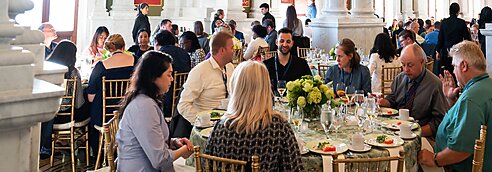
About
Books and Resources
Browse downloadable books and interactive tools.
Frequently Asked Questions
View frequently asked questions (FAQs) about Sphere Summit participation: general information, costs, applications and deadlines, and more.
About
The application site is now closed for the Sphere Summit taking place July 14–18.
The Sphere Summit is a full scholarship summer program for grades 5–12 educators and administrators. Summit is open to teachers of all subject areas and disciplines.
The Sphere Summit features presentations by leading policymakers, scholars, and academics, who discuss key public policy issues facing our nation today. Topics covered include free speech, the health of our democracy, criminal justice reform, approaches to diversity in education, the economy, and many others. The Summit also features professional development workshops conducted by leaders in civic education on how to bring these ideas into your classroom.
The Sphere Summit aims to restore a spirit of civil, constructive, and respectful discourse and engagement and to return facts, analysis, and research to primacy as the vehicles for discussion and debate.
Program
Program
Sunday, July 14
Registration
Welcome Reception
Welcome Remarks
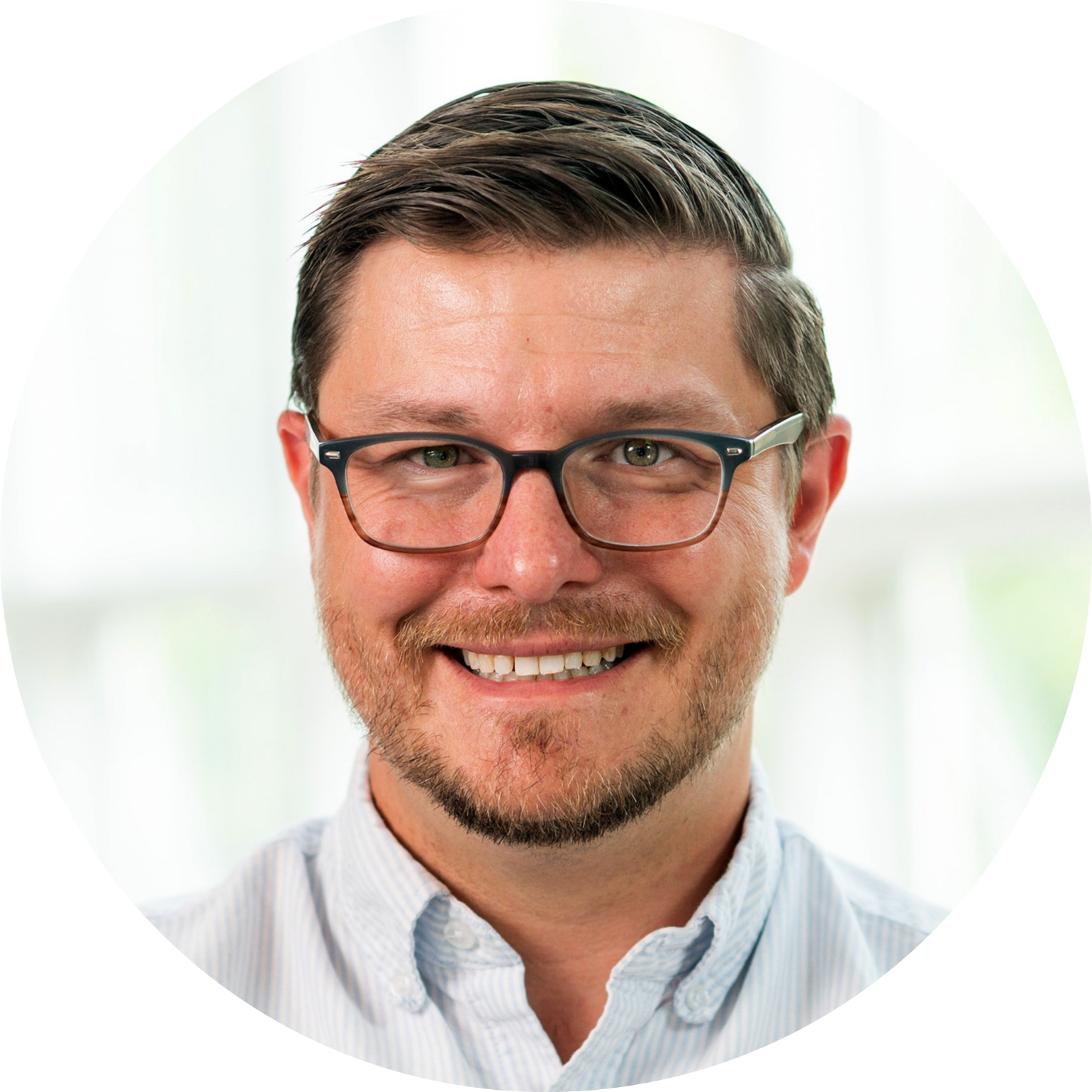 Allan Carey
Allan Carey
Director, Sphere Education Initiatives
Dinner
Keynote Address
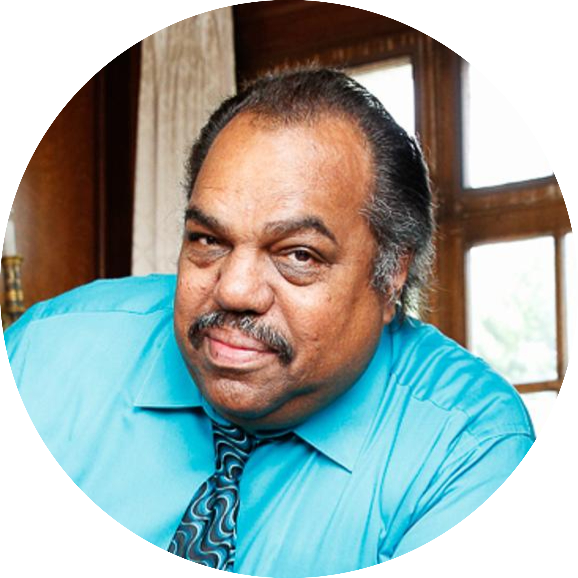 Daryl Davis
Daryl Davis
Musician and Race Relations Expert
Afterglow
Monday, July 15
Breakfast
CIVIC CULTURE AND FOUNDATIONS
Is Free Speech Being Chilled in the Classroom — and Beyond?
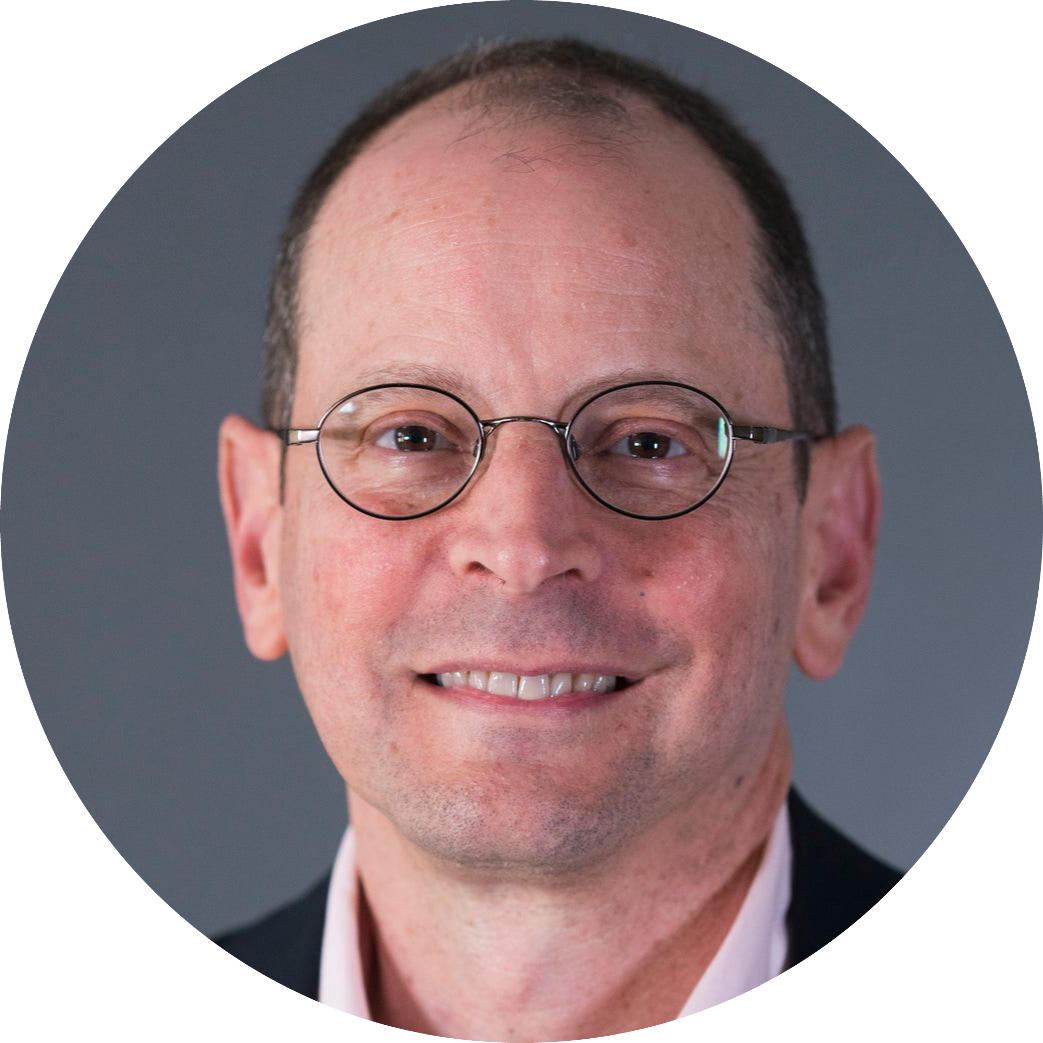 Jonathan Rauch
Jonathan Rauch
Senior Fellow, Governance Studies, Brookings Institution
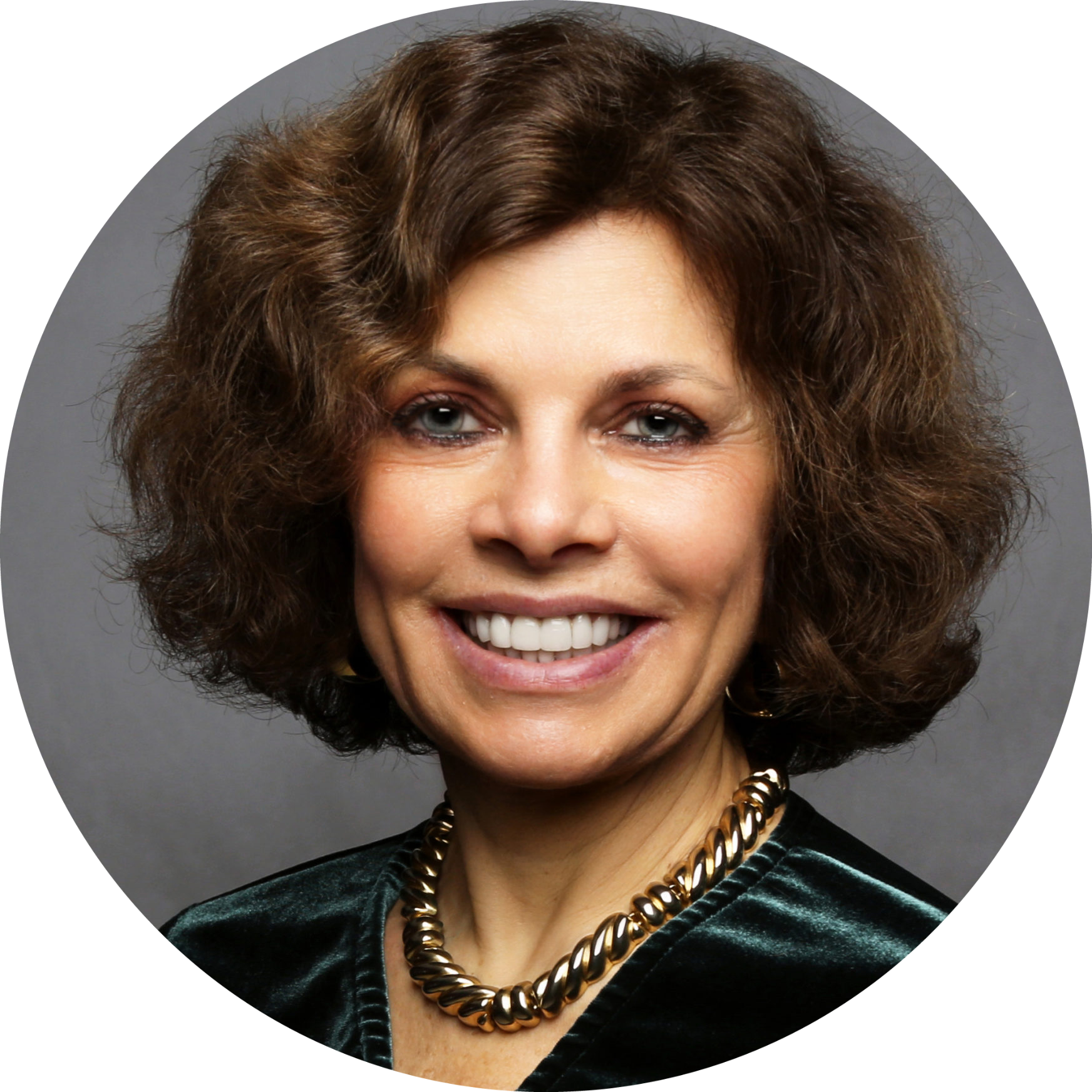 Nadine Strossen
Nadine Strossen
John Marshall Harlan II Professor of Law Emerita at NYU Law School
 Moderated by Allan Carey
Moderated by Allan Carey
Director, Sphere Education Initiatives
Break
Application Workshop
Bringing Civic Culture to Your Classroom
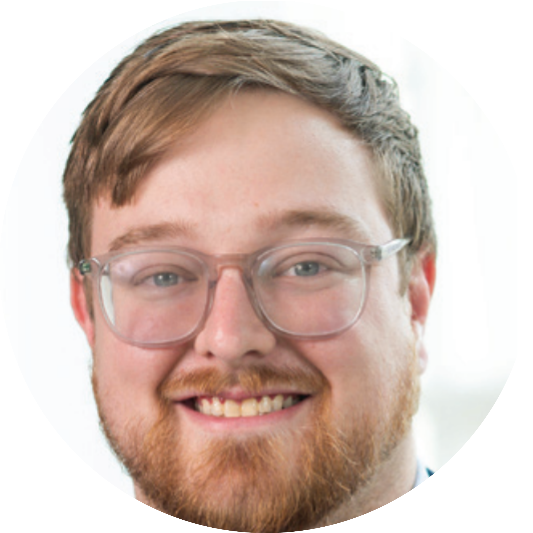 Scott Alford
Scott Alford
Manager, Sphere Education Initiatives
 Elyse Alter, Content Development Manager, Sphere Education Initiatives
Elyse Alter, Content Development Manager, Sphere Education Initiatives
 Allan Carey
Allan Carey
Director, Sphere Education Initiatives
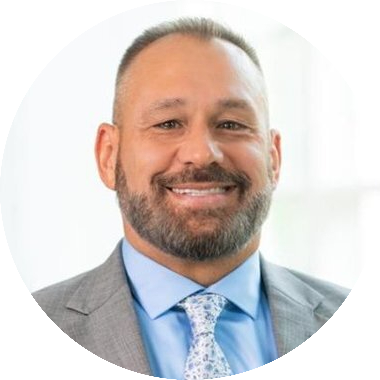 John Snoad, Senior Manager, Sphere Education Initiatives
John Snoad, Senior Manager, Sphere Education Initiatives
Lunch
POLICY DISCUSSIONS
Criminal Justice Reform
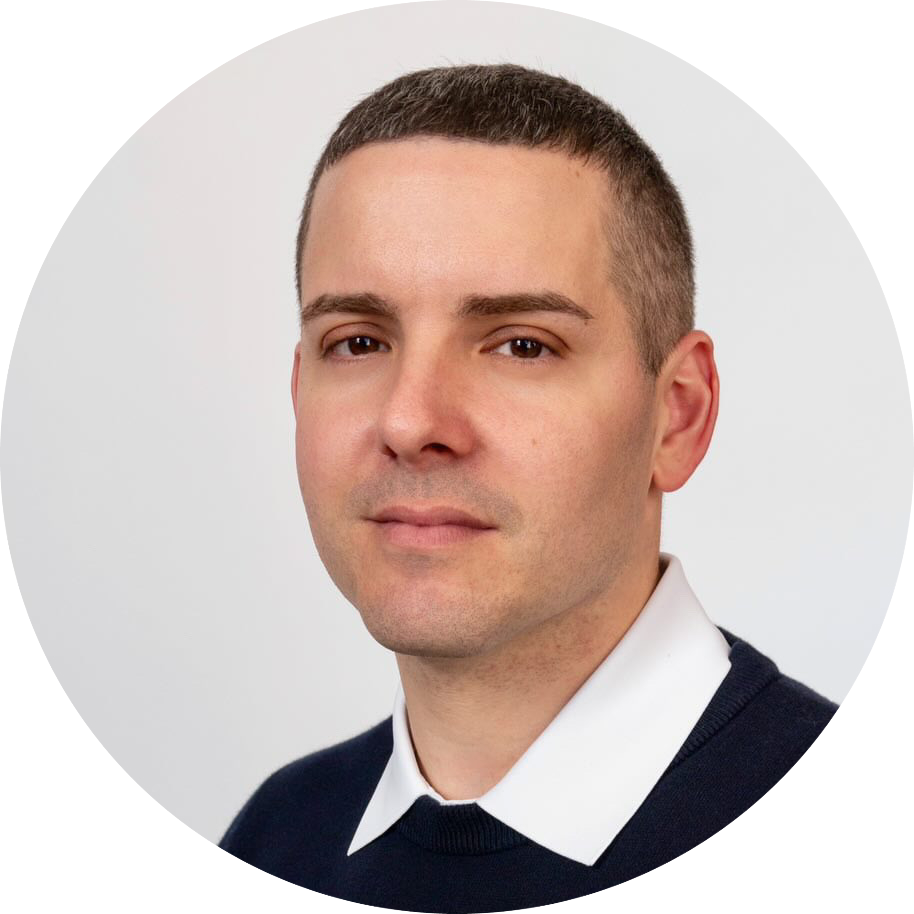 Ryan Hall
Ryan Hall
Education Coordinator, Eastern State Penitentiary
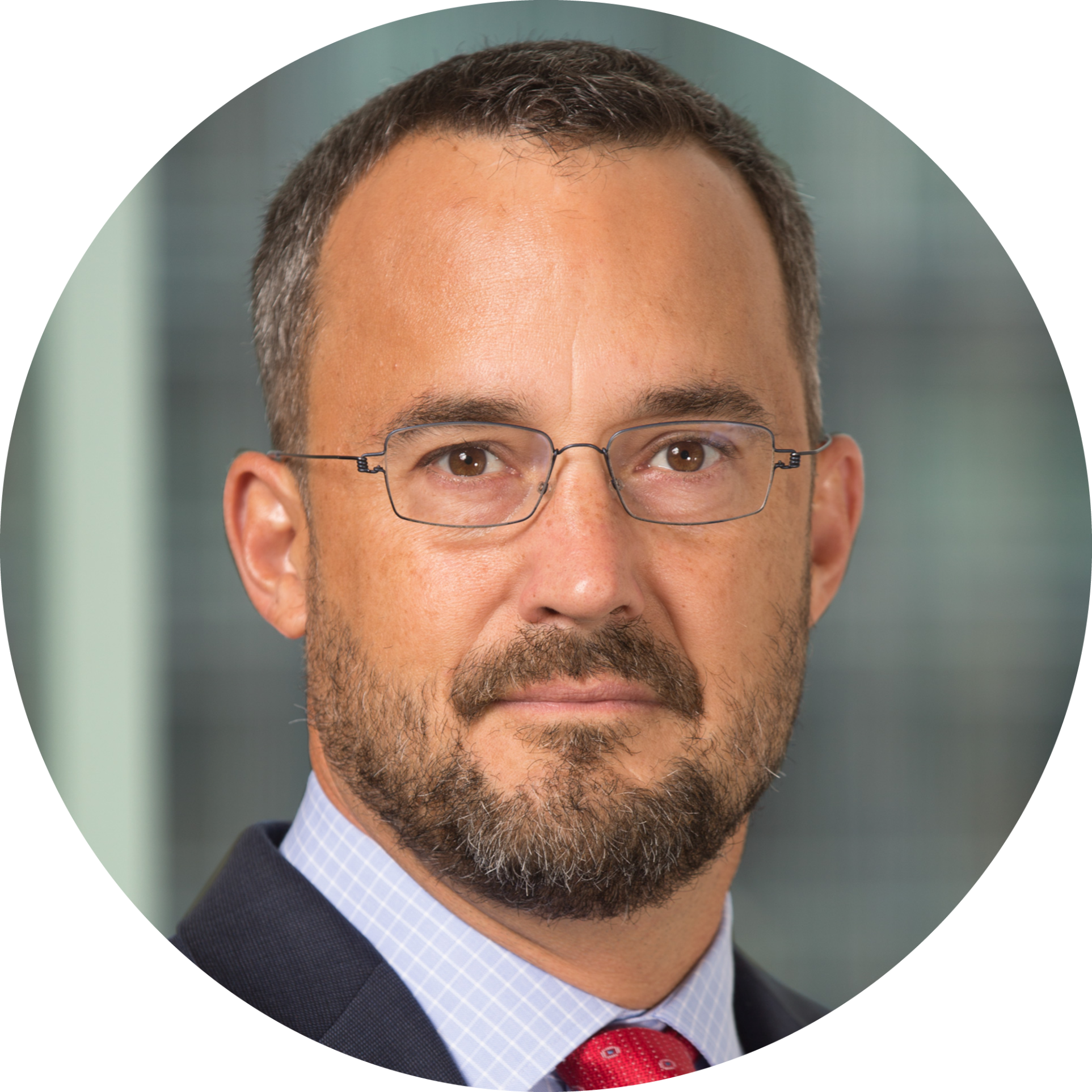 Clark Neily
Clark Neily
Senior Vice President for Legal Studies, Cato Institute
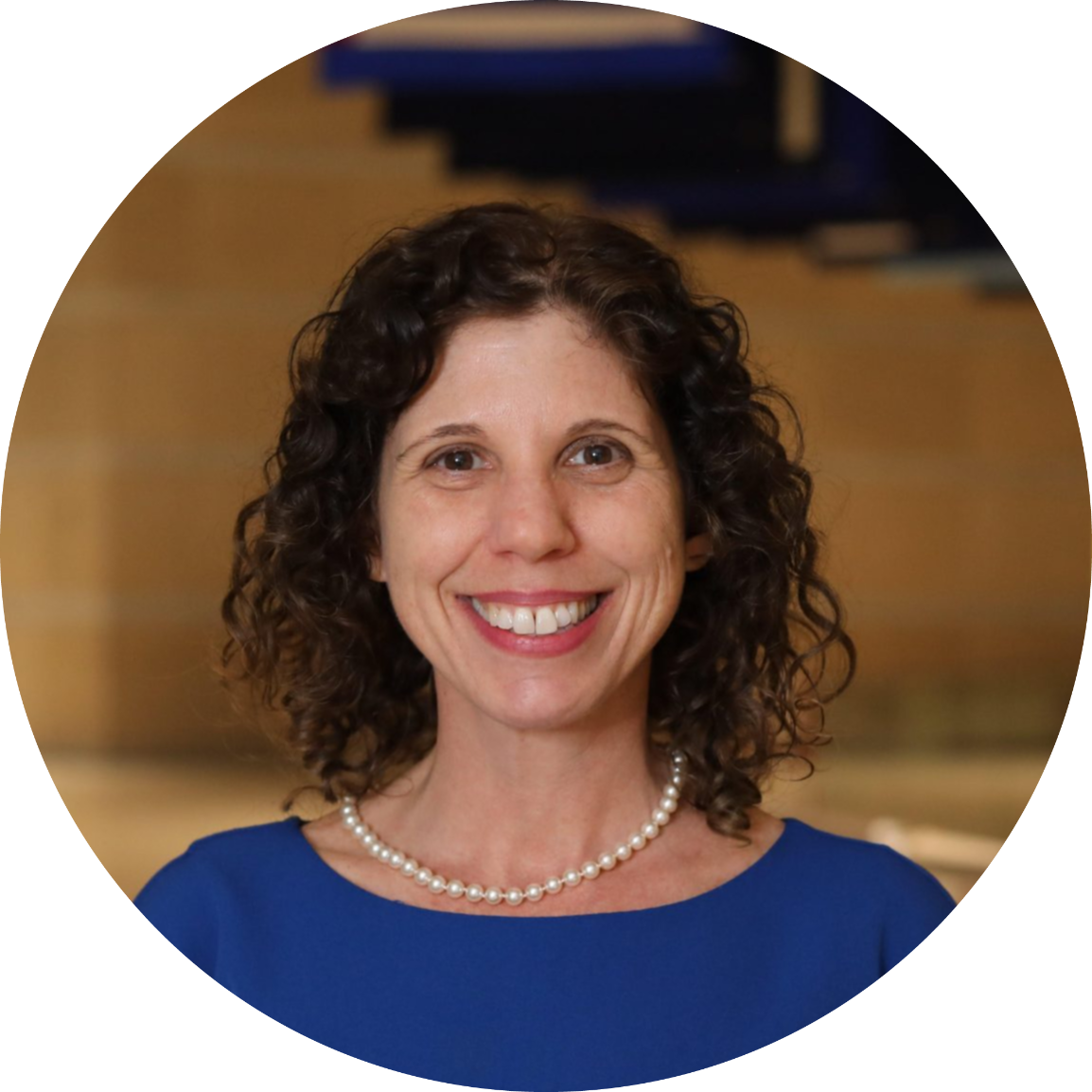 Kerry Sautner
Kerry Sautner
President and Chief Executive Officer, Eastern State Penitentiary
 Moderated by Allan Carey
Moderated by Allan Carey
Director, Sphere Education Initiatives
Criminal Justice Reform Application Workshops
Break
FOUNDATIONS OF CIVIC CULTURE
Key Supreme Court Cases in History
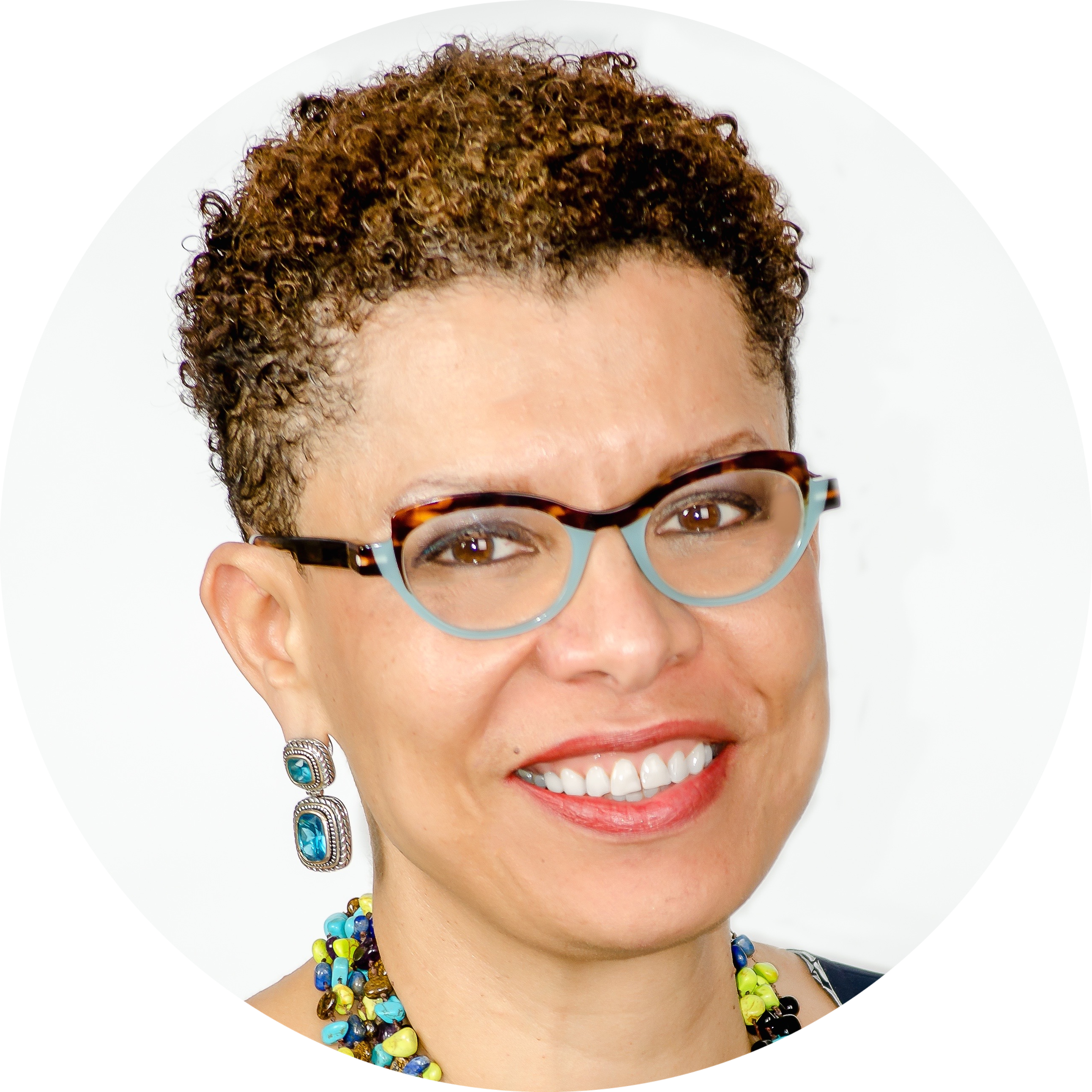 Sheryll Cashin
Sheryll Cashin
Carmack Waterhouse Professor of Law, Civil Rights, and Social Justice, Georgetown Law
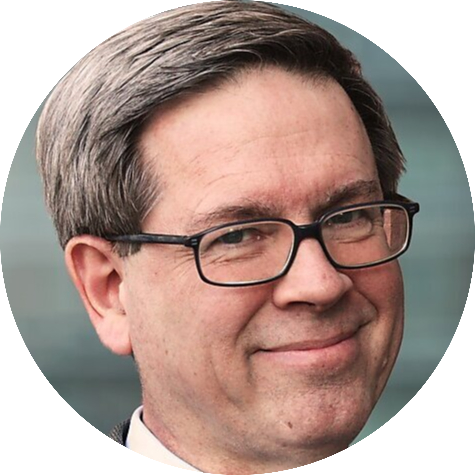 Walter Olson
Walter Olson
Senior Fellow, Cato Institute
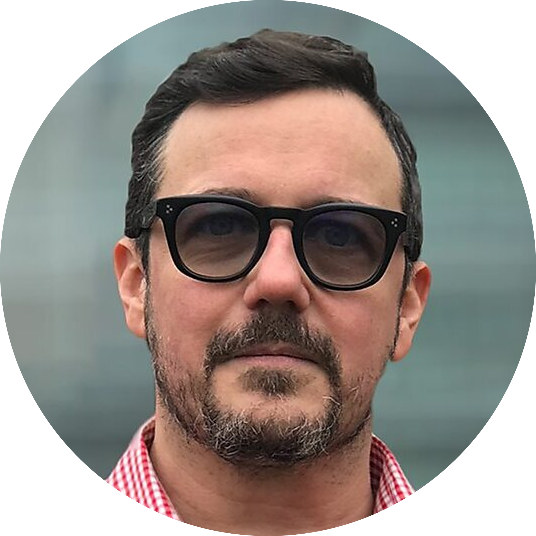 Moderated by Caleb O. Brown
Moderated by Caleb O. Brown
Director of Multimedia, Cato Institute
Free Time
Reception
Dinner
Dinner Program
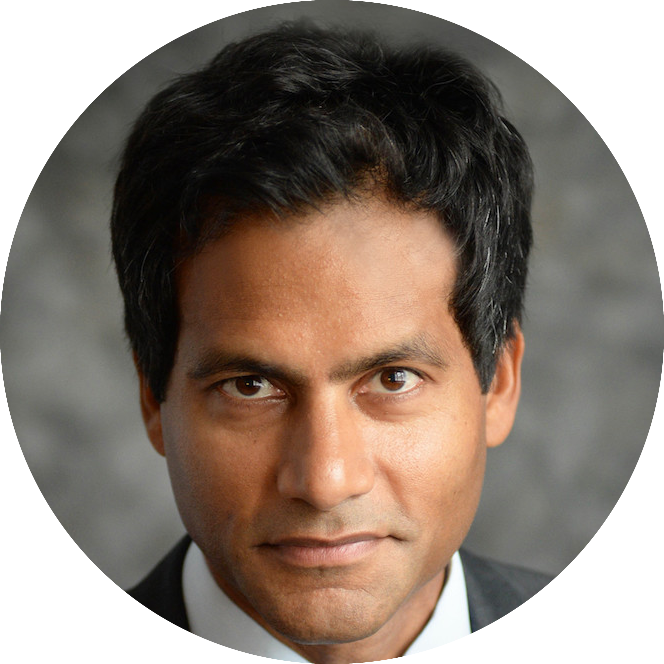 Jameel Jaffer
Jameel Jaffer
Executive Director, Knight Institute
 Moderated by Allan Carey
Moderated by Allan Carey
Director, Sphere Education Initiatives
Afterglow
Tuesday, July 16
CIVIC CULTURE AND FOUNDATIONS
Breakfast and Teacher Panels
 Staci Garber
Staci Garber
 Amanda Perschall
Amanda Perschall
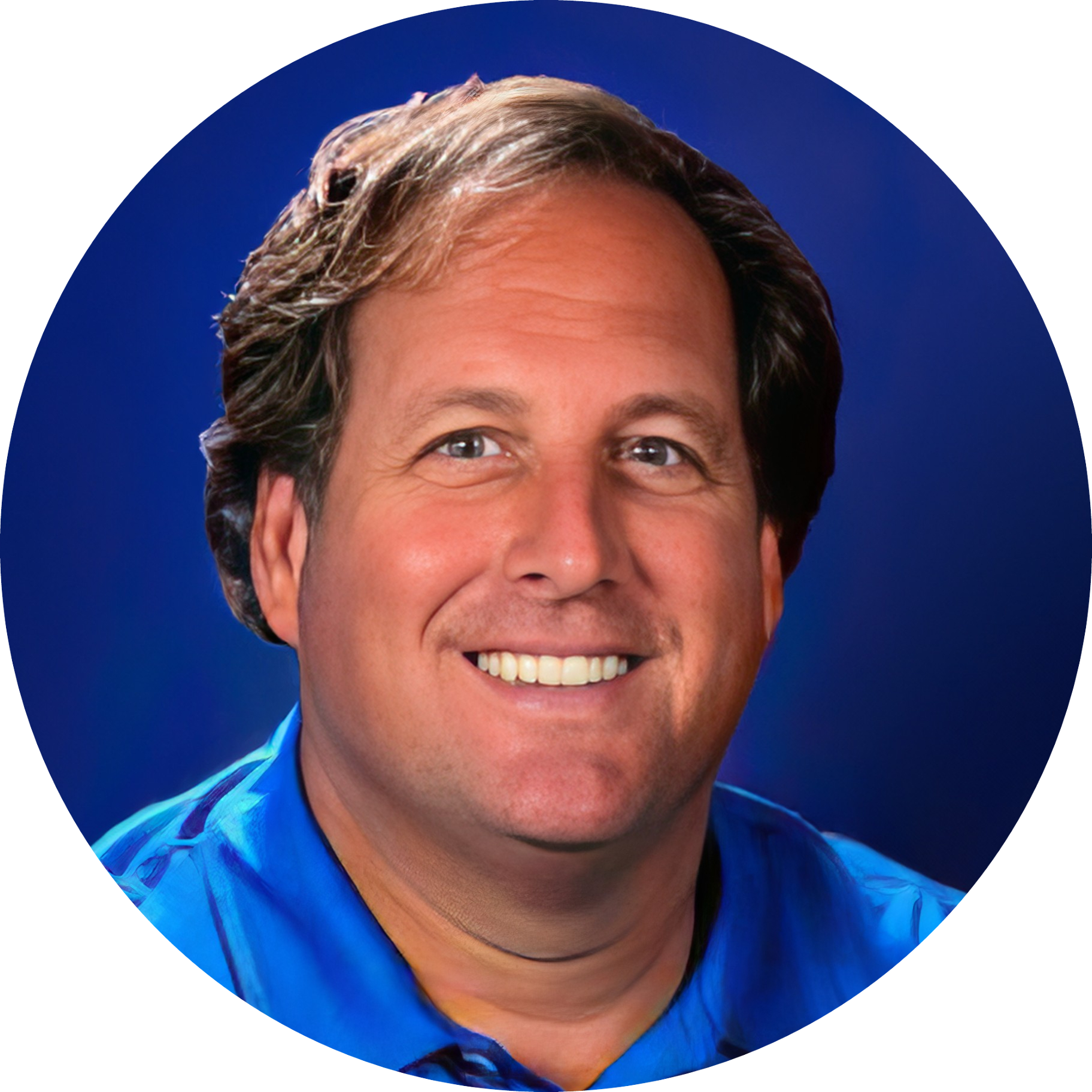 Paul Tessaro
Paul Tessaro
Free Morning in Washington DC
Résumé Workshop
POLICY WORKSHOP
Immigration
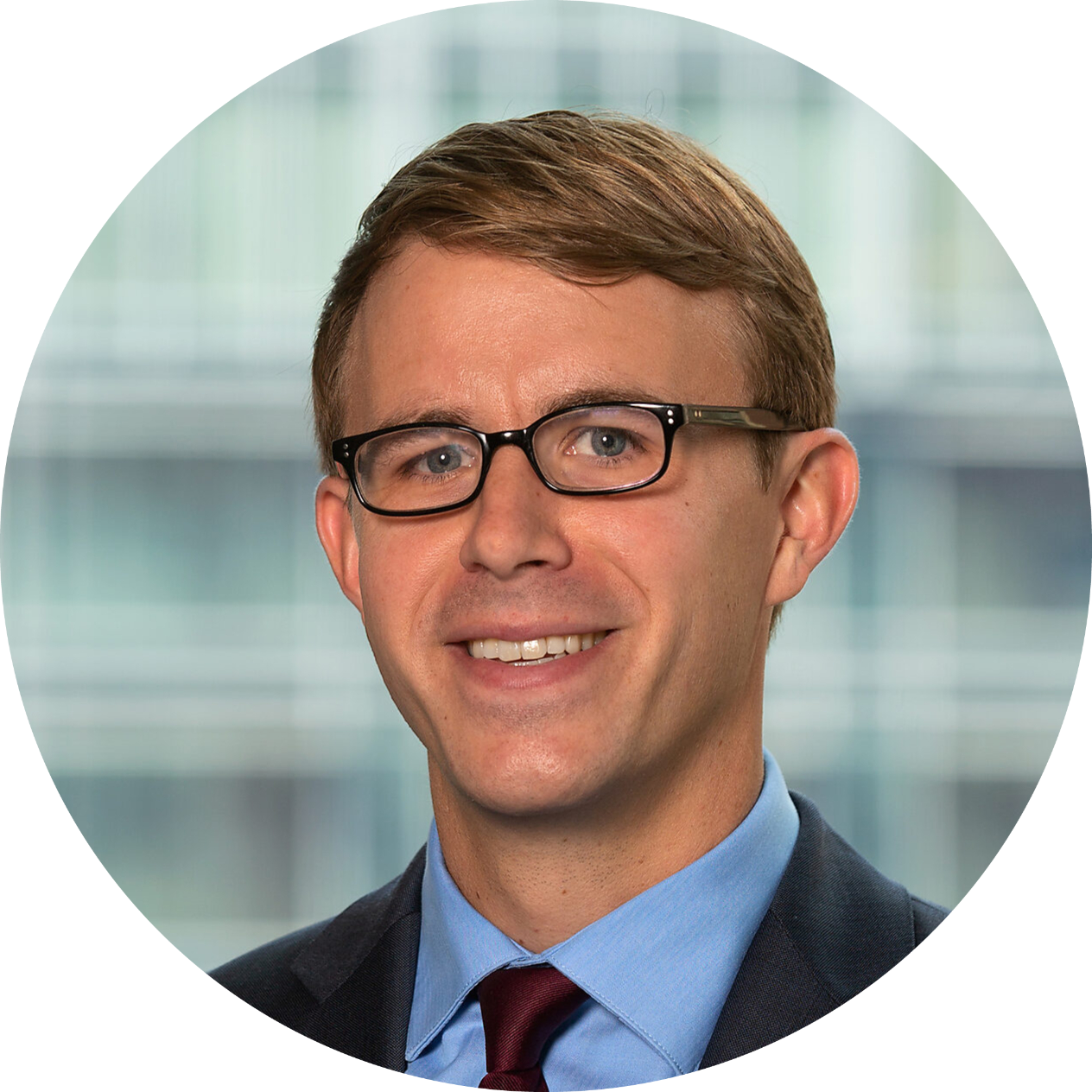 David Bier
David Bier
Director, Immigration Studies, Cato Institute
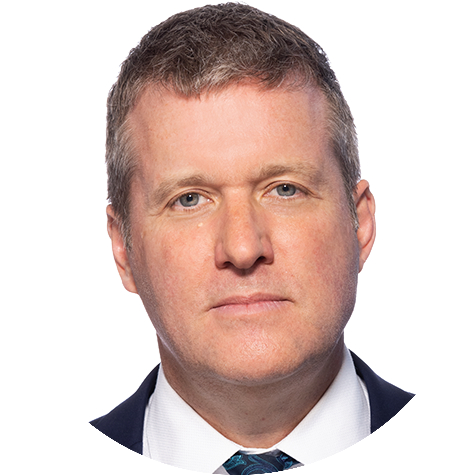 Simon Hankinson
Simon Hankinson
Senior Research Fellow, Border Security and Immigration, Heritage Foundation
 Moderated by Allan Carey
Moderated by Allan Carey
Director, Sphere Education Initiatives
APPLICATION WORKSHOPS
Teaching Difficult Topics: Immigration
POLICY SESSIONS
Session A: Human Progress
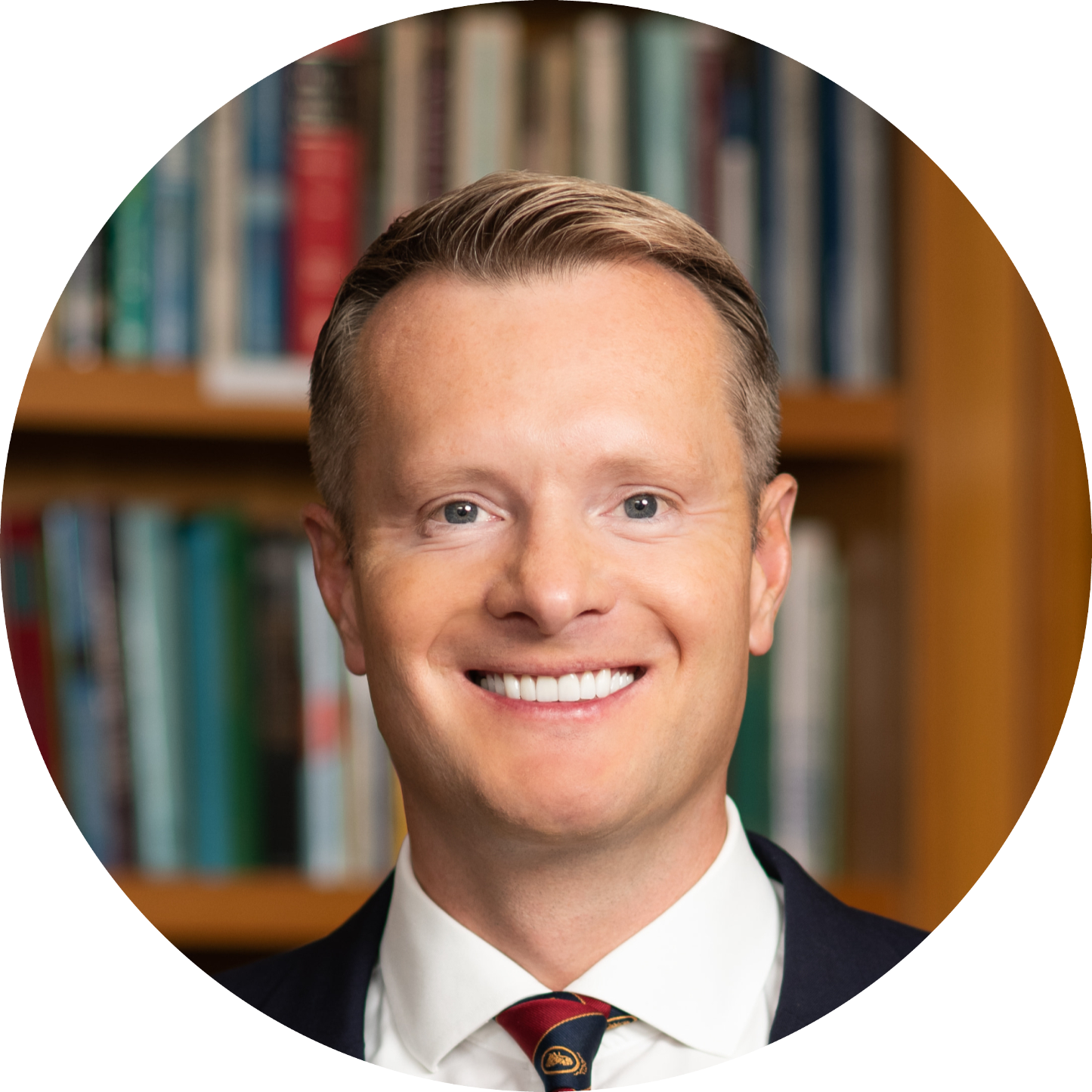 Marian Tupy
Marian Tupy
Senior Fellow, Center for Global Liberty and Prosperity Moderated by Elyse Alter, Content Development Manager, Sphere Education Initiatives
Moderated by Elyse Alter, Content Development Manager, Sphere Education InitiativesSession B: Health Care
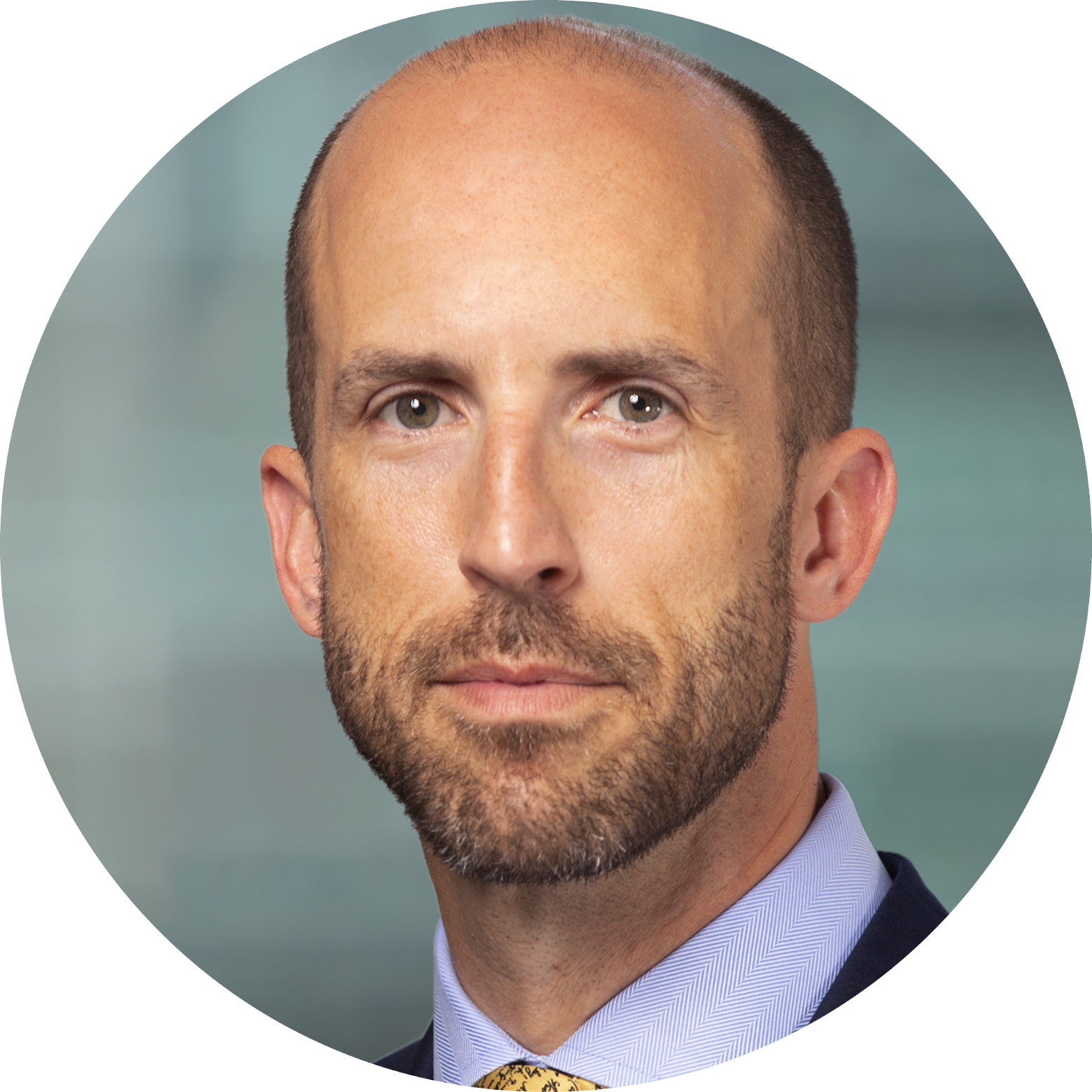 Michael F. Cannon
Michael F. Cannon
Director of Health Policy Studies, Cato Institute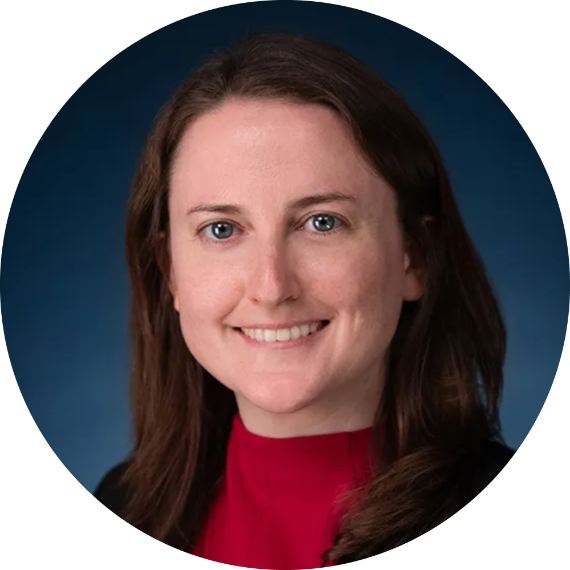 Andrea Ducas, Vice President of Health Policy, Center for American Progress
Andrea Ducas, Vice President of Health Policy, Center for American Progress Moderated by Caleb O. Brown
Moderated by Caleb O. Brown
Director of Multimedia, Cato Institute
Break and Transition to Hotel
APPLICATIONS WORKSHOPS
- Retro Report
- Foundation for Economic Education
- National Constitution Center
- Incubate Debate
Free Time
Travel to Offsite Venue
Reception
Dinner
Dinner Program
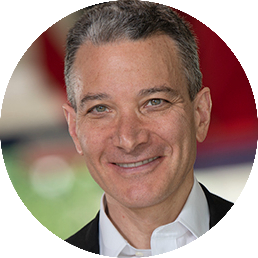 Jeffrey Rosen
Jeffrey Rosen
President, National Constitution Center
Shuttle Back to Hotel
Wednesday, July 17
Breakfast
UNDERSTANDING EACH OTHER
Members of Congress
The Health of Our Democracy
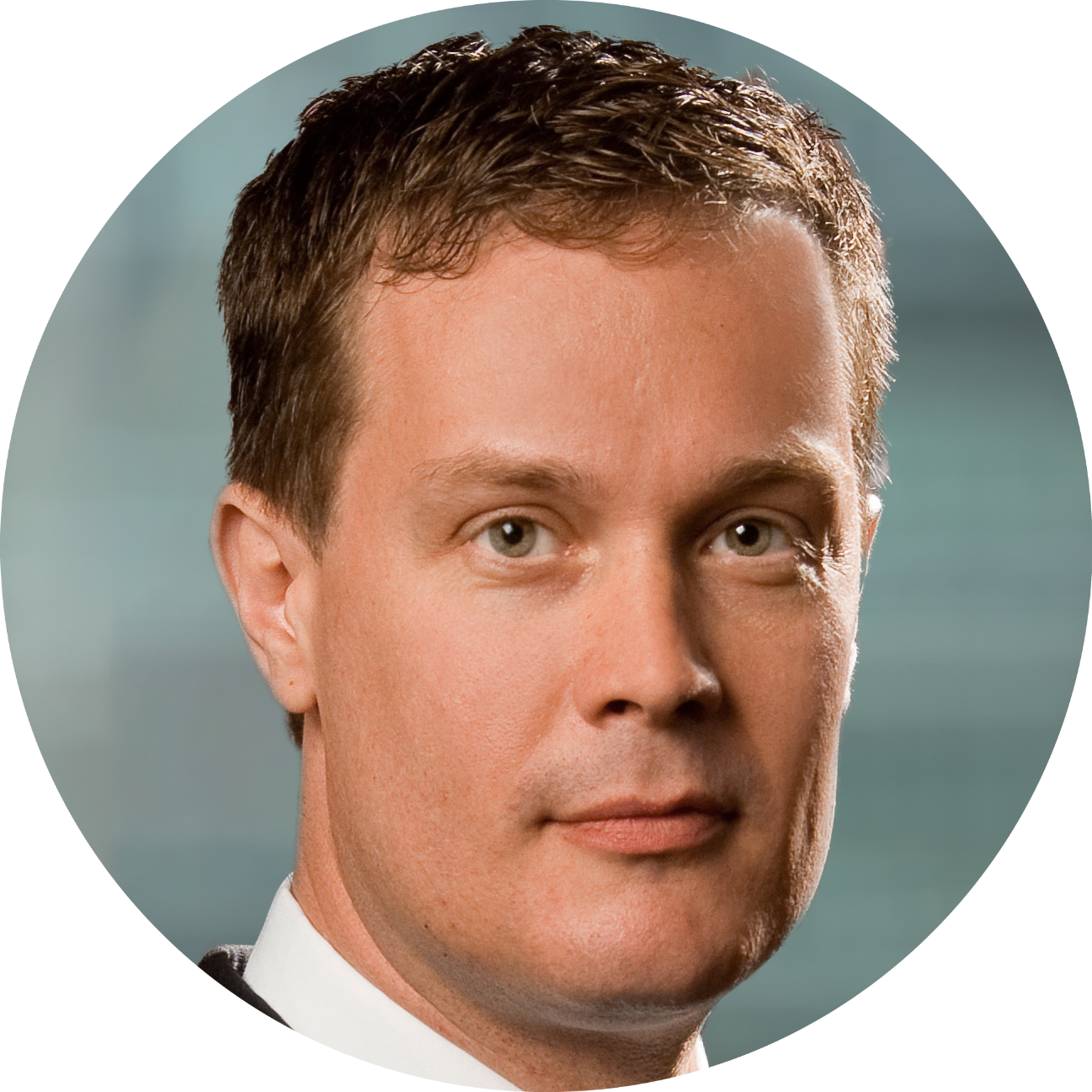 Gene Healy
Gene Healy
Senior Vice President for Policy, Cato Institute
 Darrell M. West
Darrell M. West
Senior Fellow, Center for Technology Innovation and Douglas Dillon Chair in Governmental Studies, Brookings Institution
 Moderated by Allan Carey
Moderated by Allan Carey
Director, Sphere Education Initiatives
Sphere on the Road
 John Snoad
John Snoad
Senior Manager, Sphere Education Initiatives
Break and Transition to Hotel
APPLICATION WORKSHOPS
- Bill of Rights Institute
- iCivics
- Facing History and Ourselves
- Sphere Education Initiatives
Lunch
POLICY SESSIONS
-
Session A: AI & Education
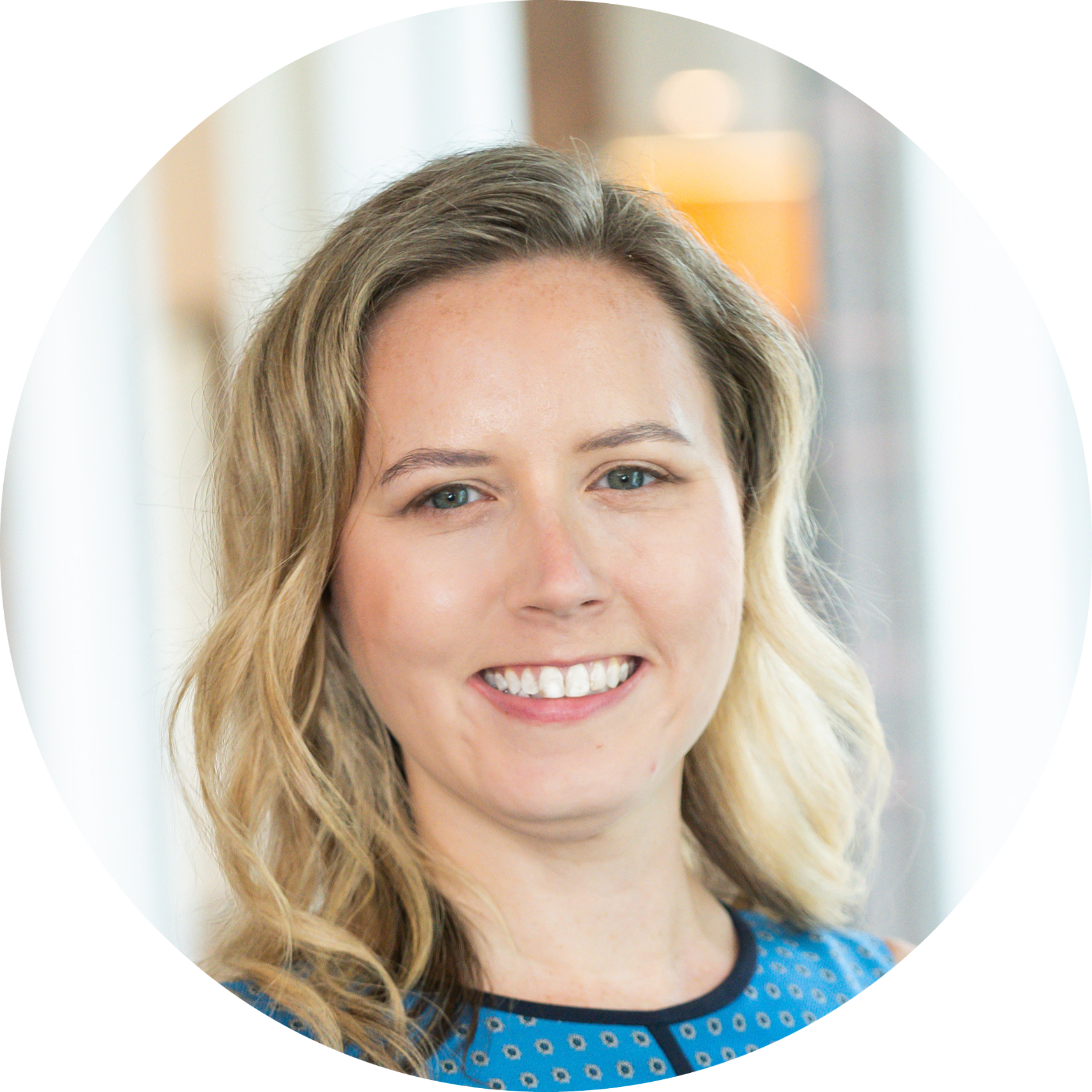 Jennifer Huddleston
Jennifer Huddleston
Technology and Policy Research Fellow, Cato Institute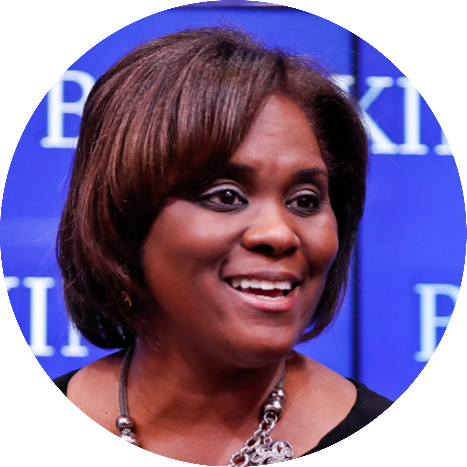 Nicol Turner Lee
Nicol Turner Lee
Director, Center for Technology Innovation, Brookings Institution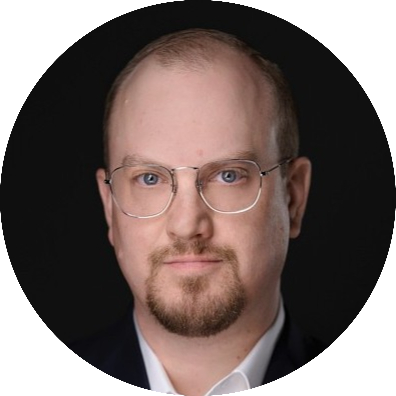 Mark Meador
Mark Meador
Partner, Kressin Meador and Visiting Fellow in Technology, Heritage Foundation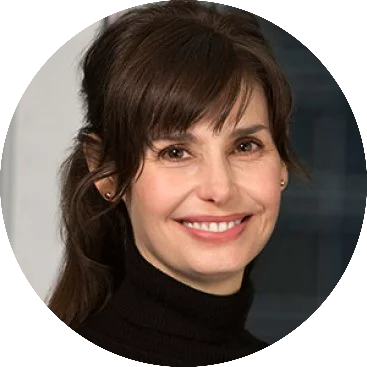 Moderated by Sallie James
Moderated by Sallie James
Director of Development, Cato Institute -
Session B: Environmental Policy
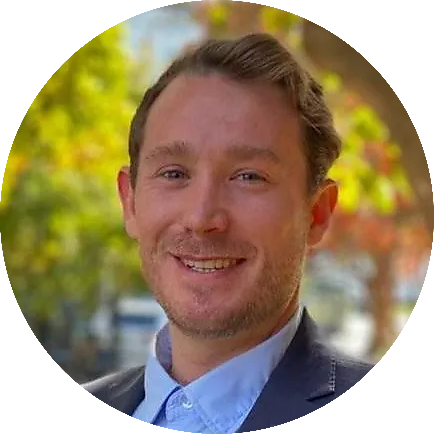 Manann Donoghue
Manann Donoghue
Senior Research Associate, Brookings Metro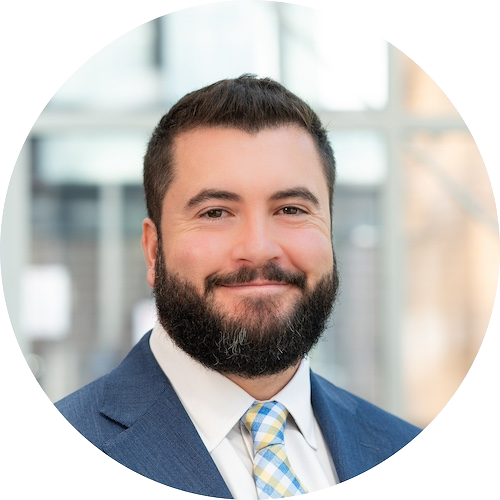 Travis Fisher
Travis Fisher
Director of Energy and Environmental Policy Studies, Cato Institute Moderated by Allan Carey
Moderated by Allan Carey
Director, Sphere Education Initiatives
-
Session A: Housing and Poverty Alleviation
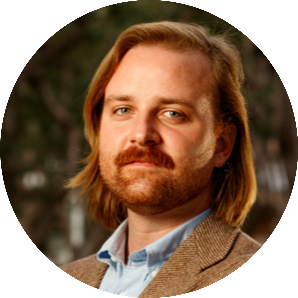 M. Nolan Gray
M. Nolan Gray
Research Director, California YIMBY Howard Husock
Howard Husock
Senior Fellow, Domestic Policy Studies, American Enterprise Institute Moderated by Caleb O. Brown
Moderated by Caleb O. Brown
Director of Multimedia, Cato Institute -
Session B: Understanding Communism
 Ken Pope
Ken Pope
Vice President for Academic Operations and Strategic Partnerships, Victims of Communism Memorial Foundation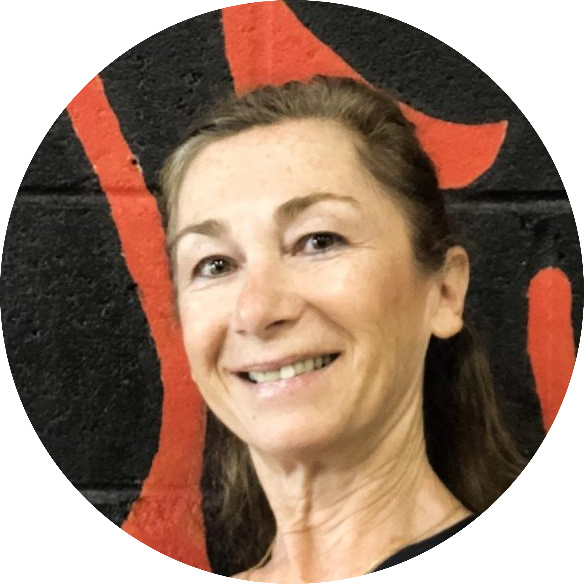 Marina Davidovich
Marina Davidovich Moderated by Allan Carey
Moderated by Allan Carey
Director, Sphere Education Initiatives
Break
Undivide Us: Film Screening and Conversation
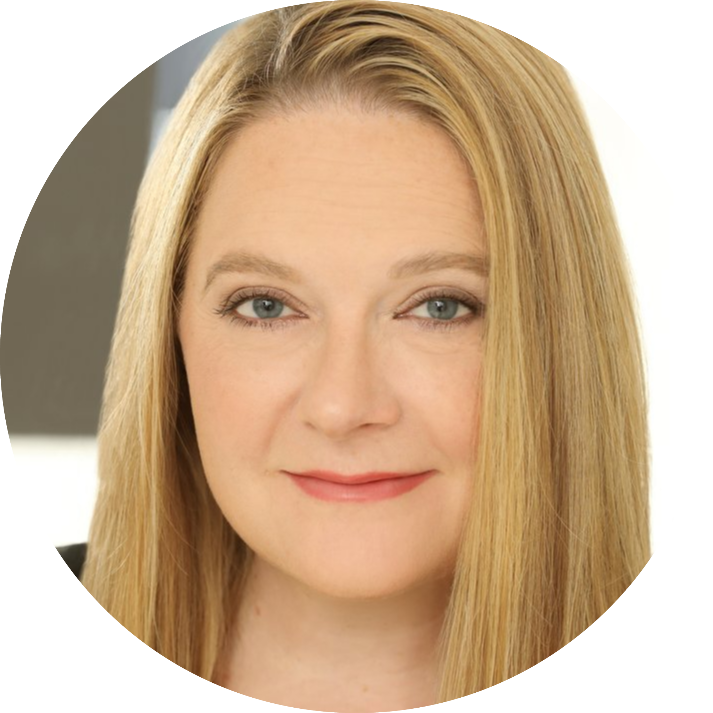 Kristi Kendall
Kristi Kendall
Director
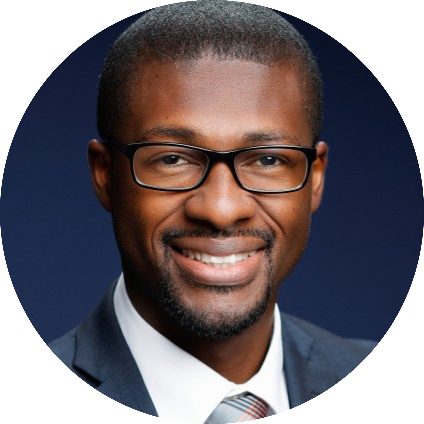 Ben Klutsey
Ben Klutsey
Executive Director, Mercatus Center
 Moderated by Allan Carey
Moderated by Allan Carey
Director, Sphere Education Initiatives
Free Evening in Washington DC
Thursday, July 18
Brunch
POLICY WORKSHOP
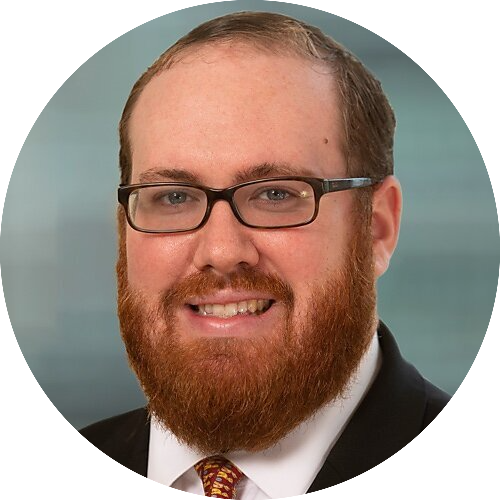 Eric Gomez
Eric Gomez
Senior Fellow, Cato Institute
 Moderated by Allan Carey
Moderated by Allan Carey
Director, Sphere Education Initiatives
Sphere Content
 Elyse Alter
Elyse Alter
Content Development Manager, Sphere Education Initiatives
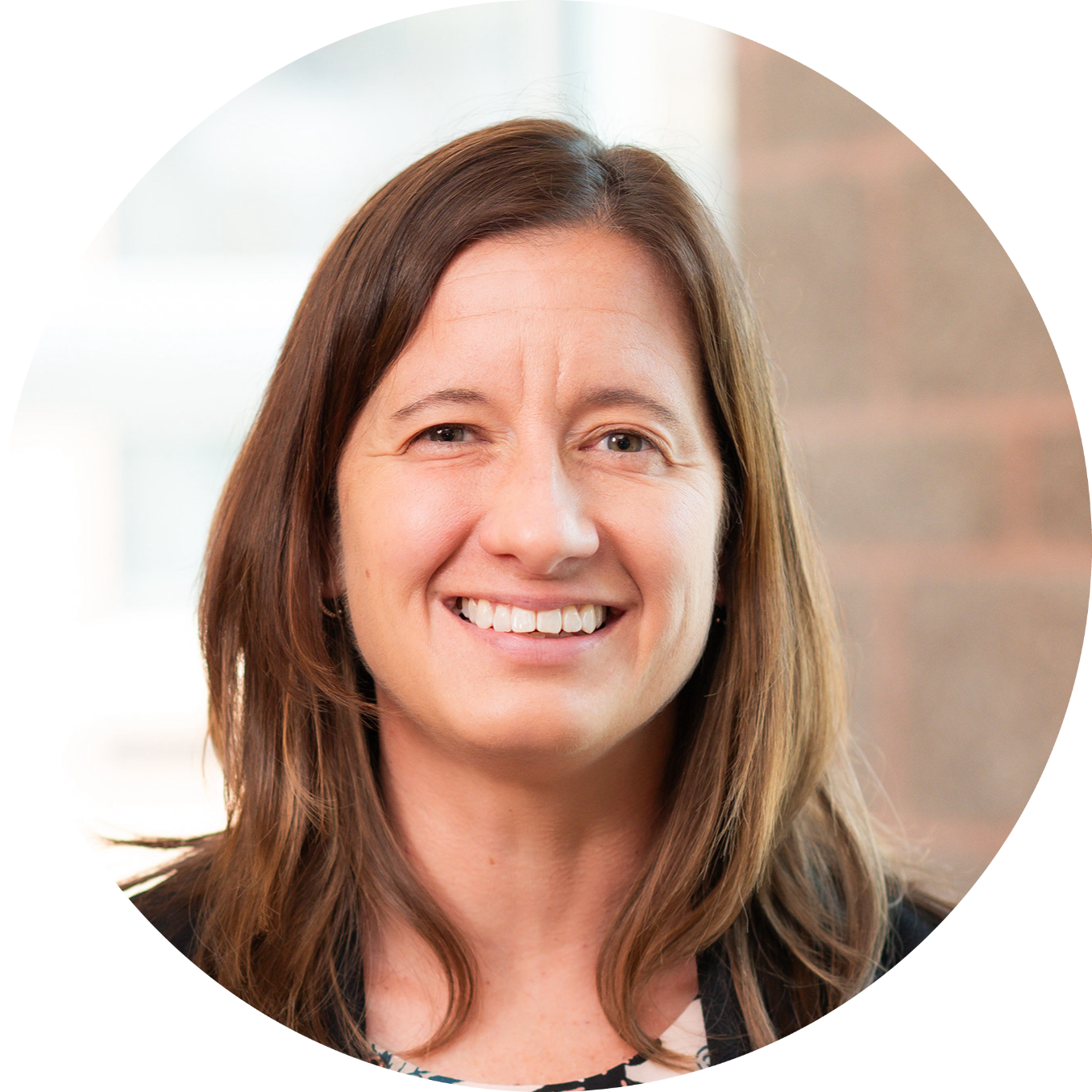 Kobi Nelson
Kobi Nelson
Content Development Specialist for Sphere Education Initiatives
Closing Remarks
Certificate and Stipend Distribution
Speakers

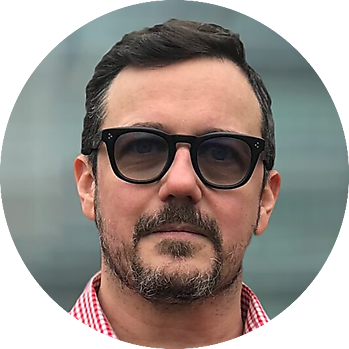
Caleb Brown is the director of multimedia at the Cato Institute and the host and executive producer of the Cato Daily Podcast, a role he has held since 2007. He is also responsible for Cato Audio, which he has been producing since 2008. Before his tenure at Cato, Brown was a reporter at WHAS AM in Louisville, where he spearheaded the KentuckyVotes.org project for the Bluegrass Institute. This initiative prompted Kentucky lawmakers to begin posting their votes online at the end of each legislative day, significantly enhancing transparency and accountability in the state legislature. Brown’s background in multimedia and his commitment to providing insightful daily commentary have made him a respected figure in policy communication.
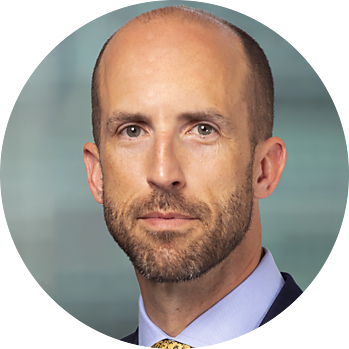
Michael F. Cannon is the Cato Institute’s director of health policy studies. Cannon is “an influential health‐care wonk” (Washington Post), “ObamaCare’s single most relentless antagonist” (New Republic), “ObamaCare’s fiercest critic” (The Week), “the intellectual father” of King v. Burwell (Modern Healthcare), and “the most famous libertarian health care scholar” (Washington Examiner). Washingtonian magazine named Cannon one of Washington, DC’s “Most Influential People” from 2021 to 2024. Cannon has appeared on ABC, Al Jazeera, BBC, CBS, CNN, CNBC, CSPAN, Fox News Channel, NPR, and other broadcast media. His articles have appeared in the Wall Street Journal; the New York Times; USA Today; the Washington Post; the Los Angeles Times; the New York Post; the Chicago Tribune; the Chicago Sun‐ Times; the San Francisco Chronicle; SCOTUSBlog; Huffington Post; Forum for Health Economics and Policy; JAMA Internal Medicine; Health Matrix: Journal of Law‐Medicine; Harvard Health Policy Review; the Yale Journal of Health Policy, Law, and Ethics; the Journal of Health Politics, Policy and Law; and Quinnipiac Health Law Journal.
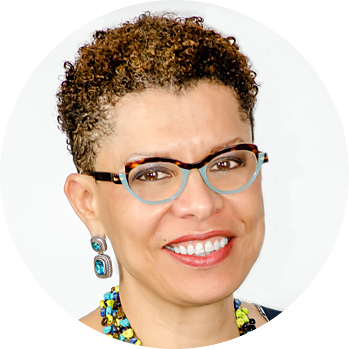
Sheryll Cashin is the Carmack Waterhouse Professor of Law, Civil Rights, and Social Justice at Georgetown University, where she teaches Constitutional Law, Race and American Law, and a writing seminar on American segregation, education, and opportunity. An acclaimed author, her latest book, White Space, Black ‘Hood: Opportunity Hoarding and Segregation in the Age of Inequality, examines the role of residential segregation in perpetuating racial inequality. She is also the author of Loving: Interracial Intimacy in America as well as Threat to White Supremacy and Place Not Race, the latter of which was nominated for an NAACP Image Award. Cashin has published extensively in both academic journals and popular media outlets, such as the New York Times, the Washington Post, and Politico Magazine. She is a board member of the Poverty and Race Research Action Council and has served for over a decade on trustee boards for Vanderbilt University. Casin previously worked as an advisor on urban and economic policy in the Clinton White House and clerked for U.S. Supreme Court Justice Thurgood Marshall.
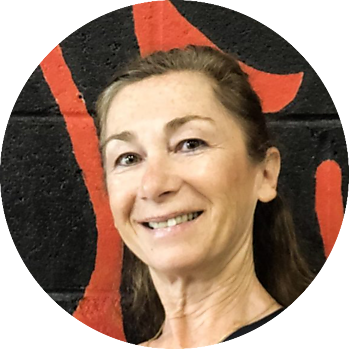
Marina Davidovich is a freedom activist and elite rhythmic gymnastics coach. In the summer of 1975, despite the uncertainty of ever seeing their family and friends again, Davidovich and her husband Felix, their young daughter Mariana, and her mother‐in‐law Ida left the USSR in search of a better life. They spent two weeks in Vienna and six months in Rome before being sponsored by the Jewish Family Service. Soon after, they settled in Hartford, Connecticut, arriving on January 16, 1976. At just 21, Davidovich faced the challenge of starting anew in a country where she knew no one and didn’t speak the language. Yet, driven by the desire to give their daughter a life free from the scarcity and oppression of the Soviet Union, her husband quickly found work at the General Elevator Company and Davidovich began teaching gymnastics at the local YWCA. Their hard work and determination paid off when they opened a gymnastics school, ballet studio, and day care in Jacksonville, Florida. Davidovich’s story is a powerful testament to resilience and the pursuit of freedom.
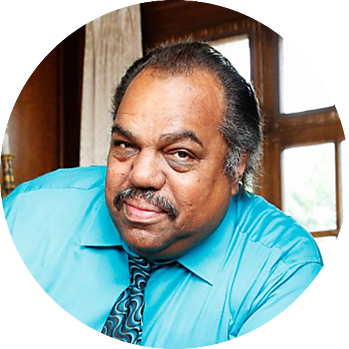
Daryl Davis is a race relations expert, public speaker, and international recording artist. After an altercation with a Ku Klux Klan (KKK) member in 1983, he has dedicated the past four decades of his life to encountering, engaging, and converting members of the KKK. Davis has captivated audiences across six continents and over 50 countries with stories from his decades of activism. He was the first black author to write detailed face‐toface interviews with KKK members in his highly acclaimed book, Klan‐Destine. His documentary Accidental Courtesy and TEDx talk with over 12 million views have also spread his methodology of racial recovery to a global audience. Davis has been the recipient of the Dr. Martin Luther King, Jr. Distinguished Service Award, the Tribeca Disruption Innovation Award, the American Ethical Union’s prestigious Elliott‐Black Award, and the Carnegie-Mellon’s Carl Sagan Award and Prize.
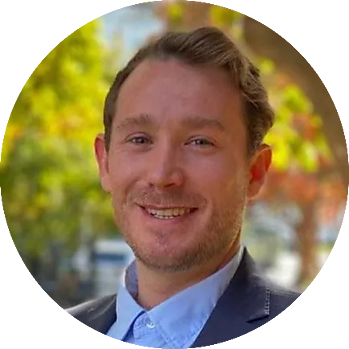
Manann Donoghue is a Senior Research Associate in Brookings Metro, conducting research for the Valuing Black Assets Initiative. His work focuses on majority‐Black neighborhoods and cities, identifying the possibilities and constraints for supporting secure, safe, and opportunity‐rich communities. Manann’s expertise is in environmental and social justice, previously working to develop international social protection responses to the climate crisis, including with the World Bank, the Red Cross Red Crescent Climate Centre, and the Australian Department of Foreign Affairs and Trade. Manann has also worked as an environmental economist for the Australian Department of Agriculture and has published on issues related to environmental racism, COVID-19 economic and housing policies, food security, sustainability, and water policy. He holds a master’s degree in human geography and environmental governance from the University of Oxford and a bachelor’s degree in resource economics from the University of Sydney.
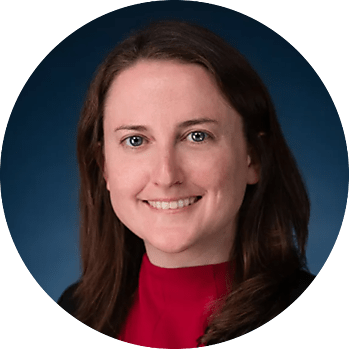
Andrea Ducas is the vice president of health policy at American Progress, where she leads the organization’s efforts related to health care and public health. She has spent her career at the intersection of advancing policy and systems change and has extensive expertise in health care coverage and affordability; payment and care delivery system reform; and what it takes to support culture change in health care and public health. Previously, Ducas was with the Robert Wood Johnson Foundation, worked in development and communications for the Center for Family Representation in New York City, and served as a visiting scholar with the Department of Health and Human Services’ Office of Disease Prevention and Health Promotion. Ducas has a BA in international relations from Brown University and an MPH in health policy and management from Columbia University’s Mailman School of Public Health.
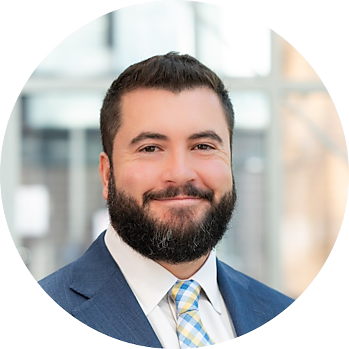
Travis Fisher is the director of energy and environmental policy studies at the Cato Institute. He has nearly 20 years of experience in energy policy, including leadership roles at the Federal Energy Regulatory Commission, the Institute for Energy Research, the Department of Energy, the Electricity Consumers Resource Council, and the Heritage Foundation. Fisher’s research focuses on the economics and reliability of electricity; the role of free markets in improving the availability and affordability of energy and natural resources; and environmental regulations that impact energy. Fisher was the lead author of the Department of Energy’s 2017 “Staff Report to the Secretary on Electricity Markets and Reliability” and has published dozens of reports and op‐eds. He also serves as a council member of the US Association for Energy Economics

Staci Garber has twenty‐five years of teaching experience in all of the social sciences including geography, economics, civics, history, and psychology. In that time she has taught in public, private, suburban, and urban schools in Nevada and Delaware. These experiences have given her amazing insights into diverse ideologies and learning styles in secondary school settings. As a life‐long learner, she has earned three masters’ degrees in economic education, international relations, and American politics. She has also worked with the State of Delaware, the Delaware State Archives, the National Constitution Center, and the Cato Institute to create curricular and assessment materials for students in Delaware and beyond. When she is not in her classroom, she can be found driving her three children all over creation to their activities, directing and performing musical theatre, or performing with the Fearless Improv team from City Theater Company in Wilmington, Delaware
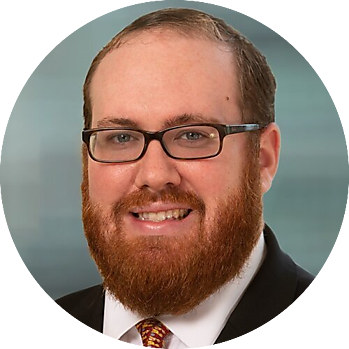
Eric Gomez is a senior fellow at the Cato Institute. His research focuses on the US military budget and force posture, as well as arms control and nuclear stability issues in East Asia. In 2020, Gomez was a member of the Project on Nuclear Issues Nuclear Scholars Initiative program, where he conducted research on the impacts of US intermediate ‐range missiles on US‐China strategic stability. He also participated in the 2019 Strategic Force Analysis Boot Camp hosted by Georgetown University and Sandia National Laboratories. Gomez is the coeditor, with Caroline Dorminey, of America’s Nuclear Crossroads: A Forward ‐Looking Anthology. Released by the Cato Institute in July 2019, the anthology examines a wide variety of pressing issues in nuclear deterrence and arms control confronting US policymakers at the dawn of a new era of great power competition.
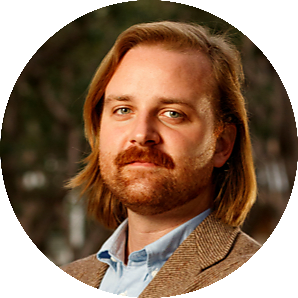
M. Nolan Gray is the Research Director at California YIMBY and a PhD candidate in urban planning at the University of California, Los Angeles. Gray’s research expertise spans land‐use regulation, housing affordability, and urban design. Previously, Gray has been a Research Fellow in the Urbanity Project at the Mercatus Center, a city planner for the New York City Department of City Planning, and a council member of North Westwood Neighborhood Council. Gray has also held research roles at the UCLA Lewis Center for Regional Policy Studies and the New Jersey Housing and Mortgage Finance Agency. He is the author of Arbitrary Lines: How Zoning Broke the American City and How to Fix It and has published work in prominent outlets such as The Atlantic, Bloomberg CityLab, and The Guardian.
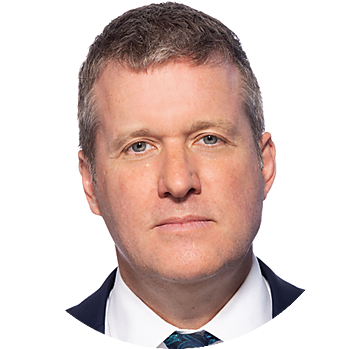
Simon Hankinson is a senior research fellow in the Border Security and Immigration Center at the Heritage Foundation. From 1999 to 2023, he was a foreign service officer serving in India, Fiji, Ghana, Slovakia, Togo, Washington, DC, Marseille, and Nairobi. Prior to entering the State Department, Hankinson worked as a lawyer in London and then taught history, English, and drama at a private school in Miami.
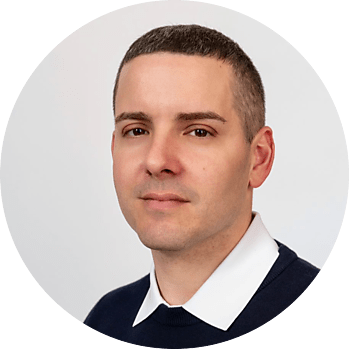
Ryan Serrano‐Hall is the education coordinator at the Eastern State Penitentiary Historic Site. In this role, he has launched innovative programming aimed at raising awareness about the negative, far‐reaching impacts that incarceration has on individuals and their communities. Previously, Serrano‐Hall served as lead educator, cofacilitating reentry simulations with the Department of Justice to bring the critical issue of inmate‐community reintegration to the public’s attention. Additionally, he has supported numerous individuals engaged in pretrial court programs or reentering society. Serrano-Hall’s efforts to create meaningful change are a testament to his dedication to leave positive, lasting impact on incarcerated peoples and the communities they inhabit.
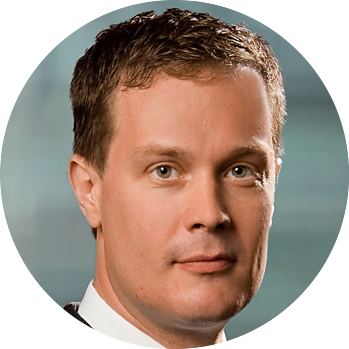
Gene Healy is senior vice president for policy at the Cato Institute. His research interests focus on executive power and the role of the presidency, as well as federalism and overcriminalization. He is the author of Indispensable Remedy: The Broad Scope of the Constitution’s Impeachment Power and The Cult of the Presidency: America’s Dangerous Devotion to Executive Power and is editor of Go Directly to Jail: The Criminalization of Almost Everything. Healy has appeared on PBS NewsHour and NPR’s Talk of the Nation, and his work has been published in the Los Angeles Times, the New York Times, the Chicago Tribune, the Legal Times, and elsewhere.

Jennifer Huddleston is a senior fellow in technology policy at the Cato Institute. Her research focuses on the intersection of emerging technology and law with a particular interest in the interactions between technology and the administrative state. Huddleston’s work covers topics including antitrust, online content moderation, data privacy, and the benefits of technology and innovation. Her work has appeared in USA Today, National Review, the Chicago Tribune, Slate, RealClearPolicy, and US News and World Report. She has been published in multiple law journals, including the Berkeley Technology Law Journal, George Mason Law Review, Oklahoma Law Review, and Colorado Technology Law Journal.

Howard Husock is a senior fellow in domestic policy studies at the American Enterprise Institute (AEI), where he focuses on municipal government, urban housing policy, civil society, and philanthropy. Before joining AEI, Husock was vice president for research and publications at the Manhattan Institute. He has also been a director of case studies in public policy and management at the Harvard Kennedy School, a member of the board of directors of the Corporation for Public Broadcasting, and a journalist and Emmy‐winning documentary filmmaker. Husock has been widely published in policy journals and the popular press, including in the New York Times and the New York Times Magazine, the Wall Street Journal, The Atlantic, and The Hill, as well as many book publications.
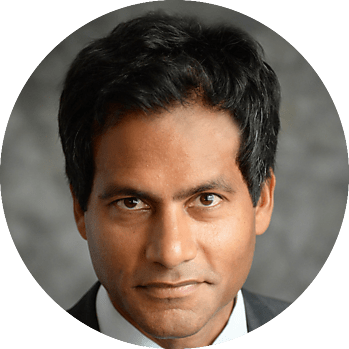
Jameel Jaffer is the executive director of the Knight First Amendment Institute at Columbia University. Under his leadership, the Institute has filed precedent‐setting litigation, undertaken major interdisciplinary research initiatives, and become an influential voice in debates about the freedoms of speech and the press in the digital age. Until August 2016, Jaffer served as deputy legal director at the ACLU, where he oversaw the organization’s work on free speech, privacy, technology, national security, and international human rights. He litigated many significant post‑9/11 cases involving human rights and national security, including cases relating to surveillance, secrecy, censorship, interrogation, detention, and extrajudicial killing. He led or co‐led litigation teams that compelled the Bush administration to disclose the “torture memos,” compelled the Obama administration to disclose the “drone memos,” and compelled the National Security Agency to abandon its dragnet surveillance of Americans’ call records. Jaffer’s writing has appeared in the New York Times, the New Yorker, the Washington Post, and Foreign Affairs. He is an executive editor of Just Security, a national security blog, and his most recent book, The Drone Memos, was one of The Guardian’s Best Books of 2016.
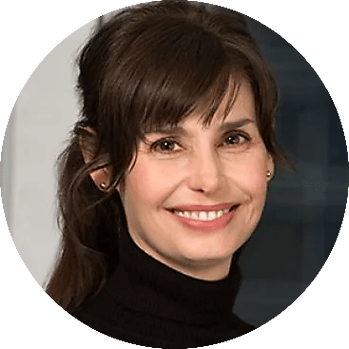
Sallie James joined the Cato Institute in 2006 as a trade policy analyst, becoming a director of development in 2014. Before joining Cato, James was an executive officer in the Office of Trade Negotiations in the Australian Government’s Department of Foreign Affairs and Trade, working on industrials market access negotiations. Prior to that, she was a senior policy adviser in the Australian Government’s Department of Agriculture, Fisheries and Forestry. She held numerous research and teaching assistant positions and her articles have been published in the Australian Journal of Agricultural and Resource Economics, the European Review of Agricultural Economics, the San Francisco Chronicle, the Orange County Register, the Milwaukee Journal Sentinel, the Minneapolis Star Tribune, and other American newspapers. James has appeared on BBC World, CNBC, MSNBC, CNN, Fox News Channel, Bloomberg TV, NPR, and other TV and radio outlets.
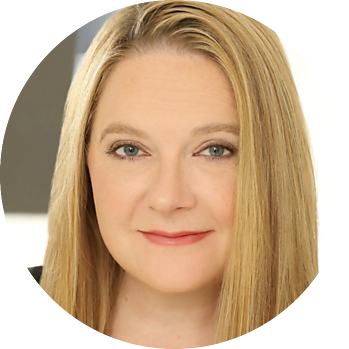
Kristi Kendall is president of Kristi Kendall and Co. and an expert in content production and storytelling. She is the director of the documentary UNDIVIDE US, which addresses toxic polarization in America. Kendall began her career in 1997 at ABC News’ 20/20 where she produced nearly a hundred pieces on complex policy and economic ideas. She later became John Stossel’s executive producer at Fox News and Fox Business, launching his weekly show and overseeing numerous documentaries. In 2014, she joined New Balloon as EVP, producing notable projects like The Creative Brain, Harriet, Beasts of No Nation, and Last Days in the Desert. Kendall has received several awards, including the Paul Mongerson Prize for Investigative Reporting and the Michael DeBakey Journalism Award.
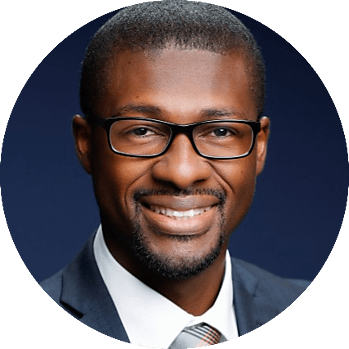
Ben Klutsey serves as the executive director of the Mercatus Center at George Mason University, where he advances dialogue and ideas of a free society. Previously a fellow at Mercatus, his research focused on financial markets and the 2008 financial crisis. Klutsey spent four years at the Institute of International Finance before returning to the Mercatus Center to manage financial regulation and monetary policy research programs. He coedited the book Reframing Financial Regulation: Enhancing Stability and Protecting Consumers (with Hester Peirce) and starred in the documentary UNDIVIDE US. As the founding director of the Mercatus Center’s Pluralism and Civil Exchange program, Klutsey spearheads initiatives to foster understanding of pluralism. His leadership drives the Mercatus Center’s mission to inform policymakers, media, and academics through rigorous research and analysis.
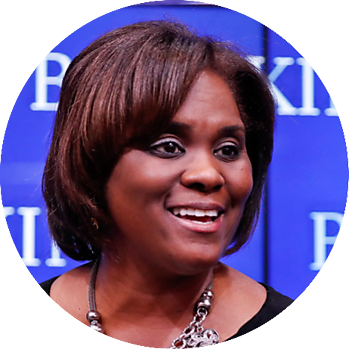
Nicol Turner Lee is a senior fellow in governance studies, the director of the Center for Technology Innovation, and the coeditor in chief of TechTank. Turner Lee researches public policy designed to enable equitable access to technology across the United States. She also researches ways to harness technology’s power to create change in communities across the world. Turner Lee’s work also explores global and domestic broadband deployment and internet governance issues. She is an expert on the intersection of race, wealth, and technology within the context of civic engagement, criminal justice, and economic development. Turner Lee previously served as vice president and chief research and policy officer at the Multicultural Media, Telecom and Internet Council—a national nonfor‐profit organization dedicated to promoting and preserving equal opportunity and civil rights in the mass media, telecommunications, and broadband industries.
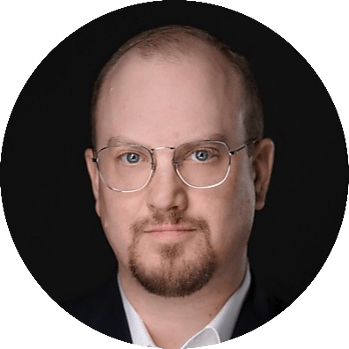
Mark Meador is a seasoned antitrust expert with extensive experience at the Federal Trade Commission (FTC) and the Department of Justice (DOJ) Antitrust Division. Meador serves as a visiting fellow at the Heritage Foundation’s Tech Policy Center, where he continues to influence competition policy. Previously, Meador served as deputy chief counsel for antitrust and competition policy for U.S. Senator Mike Lee on the Senate Judiciary Antitrust Subcommittee. He also represented clients in high‐profile antitrust cases at Paul, Weiss, Rifkind, Wharton & Garrison LLP. Meador’s antitrust enforcement career includes significant roles in the FTC’s Healthcare Division and the DOJ’s Transportation, Energy & Agriculture Section. Additionally, he was involved in combating pay‐for‐delay agreements in the pharmaceutical industry and played a key role in high‐profile investigations like the DOJ’s successful challenge of Visa and Plaid. Meador actively advises on antitrust compliance, merger reviews, and strategic communications, ensuring robust competition across various industries.
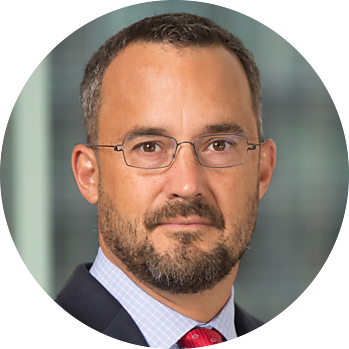
Clark Neily is senior vice president for legal studies at the Cato Institute. His areas of interest include constitutional law, over‐criminalization, coercive plea bargaining, police accountability, and gun rights. Before joining Cato in 2017, Neily was a senior attorney and constitutional litigator at the Institute for Justice and director of the Institute’s Center for Judicial Engagement. Neily is an adjunct professor at George Mason’s Antonin Scalia School of Law, where he teaches constitutional litigation and public‐interest law. He served as co‐counsel in District of Columbia v. Heller in which the Supreme Court held that the Second Amendment protects an individual’s right to own a gun. Neily is the author of Terms of Engagement: How Our Courts Should Enforce the Constitution’s Promise of Limited Government.
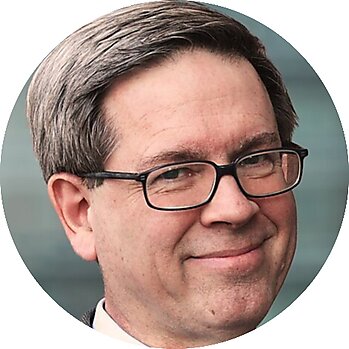
Walter Olson is a senior fellow at the Cato Institute’s Robert A. Levy Center for Constitutional Studies and is known for his writing on law, public policy, and regulation. His first book, The Litigation Explosion, was one of the most widely discussed general‐ audience books on law of its time. It led the Washington Post to dub him an “intellectual guru of tort reform.” His books since have stirred discussion on topics ranging from workplace law to mass litigation to the state of law schools. He is known as founder and principal writer of the longest ‐running blog on law, Overlawyered, which ran from 1999 to 2020. Having been named by Gov. Larry Hogan as co‐chair of commissions aimed at ending the practice of gerrymandering, Olson has advised many public officials from town councils to the White House and is active in civic affairs in his home state of Maryland. Additionally, he is often interviewed for his expertise on elections and redistricting law. Before joining Cato, Olson was associated with the Manhattan Institute and American Enterprise Institute and was an editor at the magazine, Regulation (edited by Antonin Scalia). Olson’s more than 400 broadcast appearances include the BBC, Oprah, and most leading media outlets

Amanda Perschall is an active member of Trinity Episcopal Church in Lebanon, Missouri, and a dedicated leader within the Episcopal Diocese. Elected to the Diocesan Council in 2022, she is currently serving her second two‐year term. Perschall was also elected as a General Convention Deputy for the 81st General Convention of The Episcopal Church in 2022. Raised in the Anglican tradition as a clergy daughter, Perschall has been deeply involved in church activities from a young age. At Trinity Episcopal Church in Lebanon, she has held numerous positions, including Bishop’s Warden, Bishop’s Committee Member, Altar Guild member, Eucharistic Minister, and Lector. Her commitment extends to Trinity Episcopal Church in Kirksville, where she served as Peer Minister for Campus Ministry, Choir Member, Lector, and Bishop’s Committee Clerk. Perschall served on the Diocesan Council, and currently holds the position of Vice‐Dean of the Southern Deanery Council.
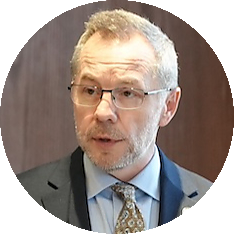
Ken Pope is Vice President for Academic Operations and Strategic Partnerships of the Victims of Communism Memorial Foundation. Previously he had a 34‐year career in the U.S. Army, the consulting industry and academia. While in uniform, Pope served in a variety of Armored Reconnaissance, Special Operations and Russian Foreign Area Officer (FAO) assignments in Europe, the Middle East, and Central America. He commanded an Armored Cavalry Troop during the Persian Gulf War and a Special Operations unit focused on Central America. Pope has over 12 years of operational fieldwork experience as an Army FAO with a variety of assignments in Russia, Ukraine, Estonia, Azerbaijan, Georgia and Kosovo. In the consulting industry, he led teams that provided strategy, planning, analysis and wargaming support to the Office of the Secretary of Defense, Joint Staff, and Combatant Commands. Pope also served as an Assistant Professor at the Center for Intelligence and Security Studies at the University of Mississippi where he taught a senior capstone program, courses on intelligence and advanced analytics, and led the center’s national security simulations.
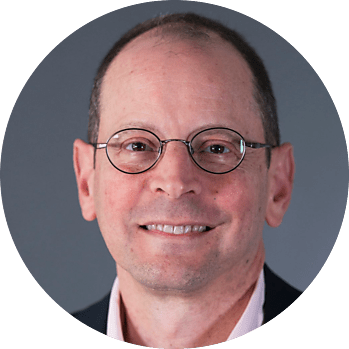
Jonathan Rauch is a senior fellow at the Brookings Institution in Washington, DC. He has written eight books and many articles on public policy, culture, and government. Rauch is a contributing editor of The Atlantic and has appeared as a guest on many television and radio programs. His latest book is The Constitution of Knowledge: A Defense of Truth. Rauch is the recipient of the 2005 National Magazine Award, the magazine industry’s equivalent of the Pulitzer Prize. His additional honors include the 2010 National Headliner Award, one of the magazine industry’s most venerable prizes. In 2011, he won the National Lesbian and Gay Journalists Association prize for excellence in opinion writing. In 1996, he was awarded the Premio Napoli alla Stampa Estera for his coverage in The Economist of the European Parliament.
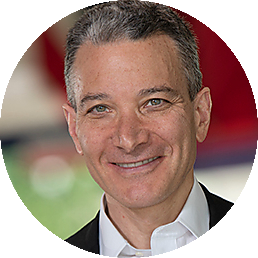
Jeffrey Rosen is the president and CEO of the National Constitution Center, where he hosts We the People, a weekly podcast of constitutional debate. He is also a professor of law at the George Washington University Law School and a contributing editor of The Atlantic. He was previously the legal affairs editor of the New Republic and a staff writer for the New Yorker. Rosen’s new book is The Pursuit of Happiness: How Classical Writers on Virtue Inspired the Lives of the Founders and Defined America. His other books include the New York Times–bestseller Conversations with RBG: Justice Ruth Bader Ginsburg on Life, Love, Liberty, and Law, as well as biographies of Louis Brandeis and William Howard Taft.
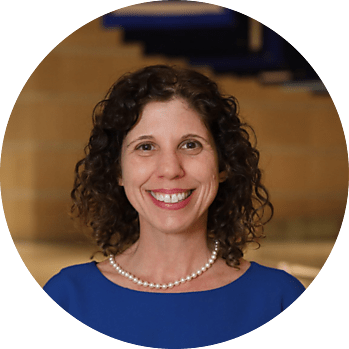
Kerry Sautner is the President and Chief Executive Officer of Eastern State Penitentiary Historic Site, Inc.—a museum dedicated to interpreting the legacy of American criminal justice reform from the site of the world’s first penitentiary. In her previous role as Chief Learning Officer at the National Constitution Center, Sautner led national civic education efforts, managing all aspects of the Center’s visitor experience and educational programming. She has a distinguished background in program development, having worked at the Franklin Institute prior to joining the National Constitution Center in 2005. Sautner has also served as an adjunct professor at Drexel University and the University of Pennsylvania, where she contributed her expertise in educational practices and program development
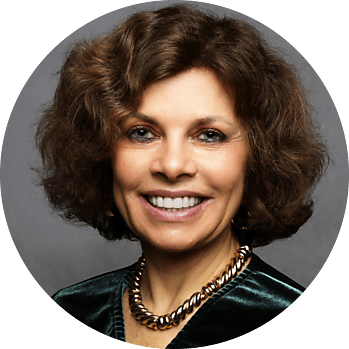
Nadine Strossen is the John Marshall Harlan II Professor of Law at New York Law School. She has written, taught, and advocated extensively in the areas of constitutional law and civil liberties, including through frequent media interviews. She is the author of Hate: Why We Should Resist It with Free Speech, Not Censorship and Defending Pornography: Free Speech, Sex, and the Fight for Women’s Rights. From 1991 through 2008, Strossen served as president of the American Civil Liberties Union (ACLU) and was the first woman to head the nation’s largest and oldest civil liberties organization. She is a member of the ACLU’s National Advisory Council as well as the advisory boards of the Electronic Privacy Information Center, the Foundation for Individual Rights and Expression, and Heterodox Academy. In 2017, the American Bar Association presented Strossen with the prestigious Margaret Brent Women Lawyers of Achievement Award. Strossen was named one of America’s 100 Most Influential Lawyers by the National Law Journal.
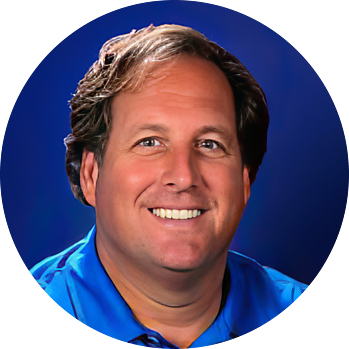
Paul Tessaro has been an educator with the San Diego Unified School District since 1995 and joined Mira Mesa High School in 2002. He teaches both US History and Big History. As a Sphere alumni, Paul actively participates in Sphere’s programs and initiatives
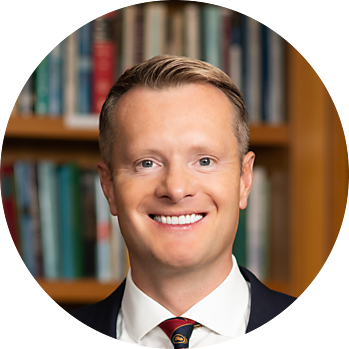
Marian Tupy is the founder and editor of HumanProgress.org and a senior fellow at the Cato Institute’s Center for Global Liberty and Prosperity. He is the coauthor of the Simon Abundance Index, Superabundance: The Story of Population Growth, Innovation, and Human Flourishing on an Infinitely Bountiful Planet (2022) and Ten Global Trends Every Smart Person Should Know: And Many Others You Will Find Interesting (2020). Tupy’s articles have been published in the Financial Times, the Washington Post, the Los Angeles Times, the Wall Street Journal, The Atlantic, Newsweek, the UK Spectator, Foreign Policy, and various other outlets in the United States and overseas. He has appeared on BBC, CNN, CNBC, MSNBC, Fox News, Fox Business, and other channels
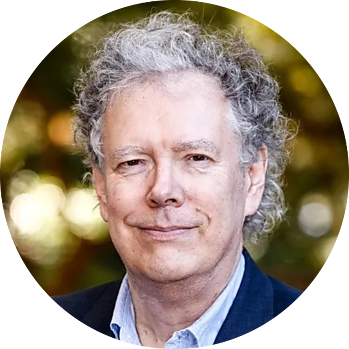
Darrell M. West is a senior fellow in the Center for Technology Innovation at the Brookings Institution and coeditor in chief of TechTank. Formerly vice president and director of governance studies, his research focuses on artificial intelligence, robotics, and the future of work. He also directs the John Hazen White Manufacturing Initiative. West was the John Hazen White Professor of Political Science and Public Policy at Brown University. West has authored numerous books, including Power Politics: Trump and the Assault on American Democracy, Turning Point: Policymaking in the Era of Artificial Intelligence (with John R. Allen), Divided Politics, Divided Nation, and The Future of Work: Robots, AI, and Automation. His book Brain Gain won the ForeWord Review Book of the Year for political science.
Books and Resources
Browse downloadable books and interactive tools.
Frequently Asked Questions
View frequently asked questions (FAQs) about Sphere Summit participation: general information, costs, applications and deadlines, and more.
About
The application site is now closed for the Sphere Summit taking place July 14–18.
The Sphere Summit is a full scholarship summer program for grades 5–12 educators and administrators. Summit is open to teachers of all subject areas and disciplines.
The Sphere Summit features presentations by leading policymakers, scholars, and academics, who discuss key public policy issues facing our nation today. Topics covered include free speech, the health of our democracy, criminal justice reform, approaches to diversity in education, the economy, and many others. The Summit also features professional development workshops conducted by leaders in civic education on how to bring these ideas into your classroom.
The Sphere Summit aims to restore a spirit of civil, constructive, and respectful discourse and engagement and to return facts, analysis, and research to primacy as the vehicles for discussion and debate.
Program
Sunday, July 14
Registration
Welcome Reception
Welcome Remarks
 Allan Carey
Allan Carey
Director, Sphere Education Initiatives
Dinner
Keynote Address
 Daryl Davis
Daryl Davis
Musician and Race Relations Expert
Afterglow
Monday, July 15
Breakfast
CIVIC CULTURE AND FOUNDATIONS
Is Free Speech Being Chilled in the Classroom — and Beyond?
 Jonathan Rauch
Jonathan Rauch
Senior Fellow, Governance Studies, Brookings Institution
 Nadine Strossen
Nadine Strossen
John Marshall Harlan II Professor of Law Emerita at NYU Law School
 Moderated by Allan Carey
Moderated by Allan Carey
Director, Sphere Education Initiatives
Break
Application Workshop
Bringing Civic Culture to Your Classroom
 Scott Alford
Scott Alford
Manager, Sphere Education Initiatives
 Elyse Alter, Content Development Manager, Sphere Education Initiatives
Elyse Alter, Content Development Manager, Sphere Education Initiatives
 Allan Carey
Allan Carey
Director, Sphere Education Initiatives
 John Snoad, Senior Manager, Sphere Education Initiatives
John Snoad, Senior Manager, Sphere Education Initiatives
Lunch
POLICY DISCUSSIONS
Criminal Justice Reform
 Ryan Hall
Ryan Hall
Education Coordinator, Eastern State Penitentiary
 Clark Neily
Clark Neily
Senior Vice President for Legal Studies, Cato Institute
 Kerry Sautner
Kerry Sautner
President and Chief Executive Officer, Eastern State Penitentiary
 Moderated by Allan Carey
Moderated by Allan Carey
Director, Sphere Education Initiatives
Criminal Justice Reform Application Workshops
Break
FOUNDATIONS OF CIVIC CULTURE
Key Supreme Court Cases in History
 Sheryll Cashin
Sheryll Cashin
Carmack Waterhouse Professor of Law, Civil Rights, and Social Justice, Georgetown Law
 Walter Olson
Walter Olson
Senior Fellow, Cato Institute
 Moderated by Caleb O. Brown
Moderated by Caleb O. Brown
Director of Multimedia, Cato Institute
Free Time
Reception
Dinner
Dinner Program
 Jameel Jaffer
Jameel Jaffer
Executive Director, Knight Institute
 Moderated by Allan Carey
Moderated by Allan Carey
Director, Sphere Education Initiatives
Afterglow
Tuesday, July 16
CIVIC CULTURE AND FOUNDATIONS
Breakfast and Teacher Panels
 Staci Garber
Staci Garber
 Amanda Perschall
Amanda Perschall
 Paul Tessaro
Paul Tessaro
Free Morning in Washington DC
Résumé Workshop
POLICY WORKSHOP
Immigration
 David Bier
David Bier
Director, Immigration Studies, Cato Institute
 Simon Hankinson
Simon Hankinson
Senior Research Fellow, Border Security and Immigration, Heritage Foundation
 Moderated by Allan Carey
Moderated by Allan Carey
Director, Sphere Education Initiatives
APPLICATION WORKSHOPS
Teaching Difficult Topics: Immigration
POLICY SESSIONS
Session A: Human Progress
 Marian Tupy
Marian Tupy
Senior Fellow, Center for Global Liberty and Prosperity Moderated by Elyse Alter, Content Development Manager, Sphere Education Initiatives
Moderated by Elyse Alter, Content Development Manager, Sphere Education InitiativesSession B: Health Care
 Michael F. Cannon
Michael F. Cannon
Director of Health Policy Studies, Cato Institute Andrea Ducas, Vice President of Health Policy, Center for American Progress
Andrea Ducas, Vice President of Health Policy, Center for American Progress Moderated by Caleb O. Brown
Moderated by Caleb O. Brown
Director of Multimedia, Cato Institute
Break and Transition to Hotel
APPLICATIONS WORKSHOPS
- Retro Report
- Foundation for Economic Education
- National Constitution Center
- Incubate Debate
Free Time
Travel to Offsite Venue
Reception
Dinner
Dinner Program
 Jeffrey Rosen
Jeffrey Rosen
President, National Constitution Center
Shuttle Back to Hotel
Wednesday, July 17
Breakfast
UNDERSTANDING EACH OTHER
Members of Congress
The Health of Our Democracy
 Gene Healy
Gene Healy
Senior Vice President for Policy, Cato Institute
 Darrell M. West
Darrell M. West
Senior Fellow, Center for Technology Innovation and Douglas Dillon Chair in Governmental Studies, Brookings Institution
 Moderated by Allan Carey
Moderated by Allan Carey
Director, Sphere Education Initiatives
Sphere on the Road
 John Snoad
John Snoad
Senior Manager, Sphere Education Initiatives
Break and Transition to Hotel
APPLICATION WORKSHOPS
- Bill of Rights Institute
- iCivics
- Facing History and Ourselves
- Sphere Education Initiatives
Lunch
POLICY SESSIONS
-
Session A: AI & Education
 Jennifer Huddleston
Jennifer Huddleston
Technology and Policy Research Fellow, Cato Institute Nicol Turner Lee
Nicol Turner Lee
Director, Center for Technology Innovation, Brookings Institution Mark Meador
Mark Meador
Partner, Kressin Meador and Visiting Fellow in Technology, Heritage Foundation Moderated by Sallie James
Moderated by Sallie James
Director of Development, Cato Institute -
Session B: Environmental Policy
 Manann Donoghue
Manann Donoghue
Senior Research Associate, Brookings Metro Travis Fisher
Travis Fisher
Director of Energy and Environmental Policy Studies, Cato Institute Moderated by Allan Carey
Moderated by Allan Carey
Director, Sphere Education Initiatives
-
Session A: Housing and Poverty Alleviation
 M. Nolan Gray
M. Nolan Gray
Research Director, California YIMBY Howard Husock
Howard Husock
Senior Fellow, Domestic Policy Studies, American Enterprise Institute Moderated by Caleb O. Brown
Moderated by Caleb O. Brown
Director of Multimedia, Cato Institute -
Session B: Understanding Communism
 Ken Pope
Ken Pope
Vice President for Academic Operations and Strategic Partnerships, Victims of Communism Memorial Foundation Marina Davidovich
Marina Davidovich Moderated by Allan Carey
Moderated by Allan Carey
Director, Sphere Education Initiatives
Break
Undivide Us: Film Screening and Conversation
 Kristi Kendall
Kristi Kendall
Director
 Ben Klutsey
Ben Klutsey
Executive Director, Mercatus Center
 Moderated by Allan Carey
Moderated by Allan Carey
Director, Sphere Education Initiatives
Free Evening in Washington DC
Thursday, July 18
Brunch
POLICY WORKSHOP
 Eric Gomez
Eric Gomez
Senior Fellow, Cato Institute
 Moderated by Allan Carey
Moderated by Allan Carey
Director, Sphere Education Initiatives
Sphere Content
 Elyse Alter
Elyse Alter
Content Development Manager, Sphere Education Initiatives
 Kobi Nelson
Kobi Nelson
Content Development Specialist for Sphere Education Initiatives
Closing Remarks
Certificate and Stipend Distribution

David J. Bier is the director of immigration studies at the Cato Institute. He is an expert on legal immigration, border security, and interior enforcement. Bier’s work has appeared in the New York Times, the Washington Post, USA Today, and many other print and online publications. In addition, the US Supreme Court and multiple federal appeals courts have cited his research and writing. Bier has testified before committees in the US House of Representatives and Senate on several occasions. From 2013 to 2015, Bier drafted immigration legislation as a senior policy adviser for Rep. Raúl Labrador (R‑PR), who was, at that time, a member of (and later the chairman of) the House Judiciary Committee’s Subcommittee on Immigration and Border Security.

Caleb Brown is the director of multimedia at the Cato Institute and the host and executive producer of the Cato Daily Podcast, a role he has held since 2007. He is also responsible for Cato Audio, which he has been producing since 2008. Before his tenure at Cato, Brown was a reporter at WHAS AM in Louisville, where he spearheaded the KentuckyVotes.org project for the Bluegrass Institute. This initiative prompted Kentucky lawmakers to begin posting their votes online at the end of each legislative day, significantly enhancing transparency and accountability in the state legislature. Brown’s background in multimedia and his commitment to providing insightful daily commentary have made him a respected figure in policy communication.

Michael F. Cannon is the Cato Institute’s director of health policy studies. Cannon is “an influential health‐care wonk” (Washington Post), “ObamaCare’s single most relentless antagonist” (New Republic), “ObamaCare’s fiercest critic” (The Week), “the intellectual father” of King v. Burwell (Modern Healthcare), and “the most famous libertarian health care scholar” (Washington Examiner). Washingtonian magazine named Cannon one of Washington, DC’s “Most Influential People” from 2021 to 2024. Cannon has appeared on ABC, Al Jazeera, BBC, CBS, CNN, CNBC, CSPAN, Fox News Channel, NPR, and other broadcast media. His articles have appeared in the Wall Street Journal; the New York Times; USA Today; the Washington Post; the Los Angeles Times; the New York Post; the Chicago Tribune; the Chicago Sun‐ Times; the San Francisco Chronicle; SCOTUSBlog; Huffington Post; Forum for Health Economics and Policy; JAMA Internal Medicine; Health Matrix: Journal of Law‐Medicine; Harvard Health Policy Review; the Yale Journal of Health Policy, Law, and Ethics; the Journal of Health Politics, Policy and Law; and Quinnipiac Health Law Journal.

Sheryll Cashin is the Carmack Waterhouse Professor of Law, Civil Rights, and Social Justice at Georgetown University, where she teaches Constitutional Law, Race and American Law, and a writing seminar on American segregation, education, and opportunity. An acclaimed author, her latest book, White Space, Black ‘Hood: Opportunity Hoarding and Segregation in the Age of Inequality, examines the role of residential segregation in perpetuating racial inequality. She is also the author of Loving: Interracial Intimacy in America as well as Threat to White Supremacy and Place Not Race, the latter of which was nominated for an NAACP Image Award. Cashin has published extensively in both academic journals and popular media outlets, such as the New York Times, the Washington Post, and Politico Magazine. She is a board member of the Poverty and Race Research Action Council and has served for over a decade on trustee boards for Vanderbilt University. Casin previously worked as an advisor on urban and economic policy in the Clinton White House and clerked for U.S. Supreme Court Justice Thurgood Marshall.

Marina Davidovich is a freedom activist and elite rhythmic gymnastics coach. In the summer of 1975, despite the uncertainty of ever seeing their family and friends again, Davidovich and her husband Felix, their young daughter Mariana, and her mother‐in‐law Ida left the USSR in search of a better life. They spent two weeks in Vienna and six months in Rome before being sponsored by the Jewish Family Service. Soon after, they settled in Hartford, Connecticut, arriving on January 16, 1976. At just 21, Davidovich faced the challenge of starting anew in a country where she knew no one and didn’t speak the language. Yet, driven by the desire to give their daughter a life free from the scarcity and oppression of the Soviet Union, her husband quickly found work at the General Elevator Company and Davidovich began teaching gymnastics at the local YWCA. Their hard work and determination paid off when they opened a gymnastics school, ballet studio, and day care in Jacksonville, Florida. Davidovich’s story is a powerful testament to resilience and the pursuit of freedom.

Daryl Davis is a race relations expert, public speaker, and international recording artist. After an altercation with a Ku Klux Klan (KKK) member in 1983, he has dedicated the past four decades of his life to encountering, engaging, and converting members of the KKK. Davis has captivated audiences across six continents and over 50 countries with stories from his decades of activism. He was the first black author to write detailed face‐toface interviews with KKK members in his highly acclaimed book, Klan‐Destine. His documentary Accidental Courtesy and TEDx talk with over 12 million views have also spread his methodology of racial recovery to a global audience. Davis has been the recipient of the Dr. Martin Luther King, Jr. Distinguished Service Award, the Tribeca Disruption Innovation Award, the American Ethical Union’s prestigious Elliott‐Black Award, and the Carnegie-Mellon’s Carl Sagan Award and Prize.

Manann Donoghue is a Senior Research Associate in Brookings Metro, conducting research for the Valuing Black Assets Initiative. His work focuses on majority‐Black neighborhoods and cities, identifying the possibilities and constraints for supporting secure, safe, and opportunity‐rich communities. Manann’s expertise is in environmental and social justice, previously working to develop international social protection responses to the climate crisis, including with the World Bank, the Red Cross Red Crescent Climate Centre, and the Australian Department of Foreign Affairs and Trade. Manann has also worked as an environmental economist for the Australian Department of Agriculture and has published on issues related to environmental racism, COVID-19 economic and housing policies, food security, sustainability, and water policy. He holds a master’s degree in human geography and environmental governance from the University of Oxford and a bachelor’s degree in resource economics from the University of Sydney.

Andrea Ducas is the vice president of health policy at American Progress, where she leads the organization’s efforts related to health care and public health. She has spent her career at the intersection of advancing policy and systems change and has extensive expertise in health care coverage and affordability; payment and care delivery system reform; and what it takes to support culture change in health care and public health. Previously, Ducas was with the Robert Wood Johnson Foundation, worked in development and communications for the Center for Family Representation in New York City, and served as a visiting scholar with the Department of Health and Human Services’ Office of Disease Prevention and Health Promotion. Ducas has a BA in international relations from Brown University and an MPH in health policy and management from Columbia University’s Mailman School of Public Health.

Travis Fisher is the director of energy and environmental policy studies at the Cato Institute. He has nearly 20 years of experience in energy policy, including leadership roles at the Federal Energy Regulatory Commission, the Institute for Energy Research, the Department of Energy, the Electricity Consumers Resource Council, and the Heritage Foundation. Fisher’s research focuses on the economics and reliability of electricity; the role of free markets in improving the availability and affordability of energy and natural resources; and environmental regulations that impact energy. Fisher was the lead author of the Department of Energy’s 2017 “Staff Report to the Secretary on Electricity Markets and Reliability” and has published dozens of reports and op‐eds. He also serves as a council member of the US Association for Energy Economics

Staci Garber has twenty‐five years of teaching experience in all of the social sciences including geography, economics, civics, history, and psychology. In that time she has taught in public, private, suburban, and urban schools in Nevada and Delaware. These experiences have given her amazing insights into diverse ideologies and learning styles in secondary school settings. As a life‐long learner, she has earned three masters’ degrees in economic education, international relations, and American politics. She has also worked with the State of Delaware, the Delaware State Archives, the National Constitution Center, and the Cato Institute to create curricular and assessment materials for students in Delaware and beyond. When she is not in her classroom, she can be found driving her three children all over creation to their activities, directing and performing musical theatre, or performing with the Fearless Improv team from City Theater Company in Wilmington, Delaware

Eric Gomez is a senior fellow at the Cato Institute. His research focuses on the US military budget and force posture, as well as arms control and nuclear stability issues in East Asia. In 2020, Gomez was a member of the Project on Nuclear Issues Nuclear Scholars Initiative program, where he conducted research on the impacts of US intermediate ‐range missiles on US‐China strategic stability. He also participated in the 2019 Strategic Force Analysis Boot Camp hosted by Georgetown University and Sandia National Laboratories. Gomez is the coeditor, with Caroline Dorminey, of America’s Nuclear Crossroads: A Forward ‐Looking Anthology. Released by the Cato Institute in July 2019, the anthology examines a wide variety of pressing issues in nuclear deterrence and arms control confronting US policymakers at the dawn of a new era of great power competition.

M. Nolan Gray is the Research Director at California YIMBY and a PhD candidate in urban planning at the University of California, Los Angeles. Gray’s research expertise spans land‐use regulation, housing affordability, and urban design. Previously, Gray has been a Research Fellow in the Urbanity Project at the Mercatus Center, a city planner for the New York City Department of City Planning, and a council member of North Westwood Neighborhood Council. Gray has also held research roles at the UCLA Lewis Center for Regional Policy Studies and the New Jersey Housing and Mortgage Finance Agency. He is the author of Arbitrary Lines: How Zoning Broke the American City and How to Fix It and has published work in prominent outlets such as The Atlantic, Bloomberg CityLab, and The Guardian.

Simon Hankinson is a senior research fellow in the Border Security and Immigration Center at the Heritage Foundation. From 1999 to 2023, he was a foreign service officer serving in India, Fiji, Ghana, Slovakia, Togo, Washington, DC, Marseille, and Nairobi. Prior to entering the State Department, Hankinson worked as a lawyer in London and then taught history, English, and drama at a private school in Miami.

Ryan Serrano‐Hall is the education coordinator at the Eastern State Penitentiary Historic Site. In this role, he has launched innovative programming aimed at raising awareness about the negative, far‐reaching impacts that incarceration has on individuals and their communities. Previously, Serrano‐Hall served as lead educator, cofacilitating reentry simulations with the Department of Justice to bring the critical issue of inmate‐community reintegration to the public’s attention. Additionally, he has supported numerous individuals engaged in pretrial court programs or reentering society. Serrano-Hall’s efforts to create meaningful change are a testament to his dedication to leave positive, lasting impact on incarcerated peoples and the communities they inhabit.

Gene Healy is senior vice president for policy at the Cato Institute. His research interests focus on executive power and the role of the presidency, as well as federalism and overcriminalization. He is the author of Indispensable Remedy: The Broad Scope of the Constitution’s Impeachment Power and The Cult of the Presidency: America’s Dangerous Devotion to Executive Power and is editor of Go Directly to Jail: The Criminalization of Almost Everything. Healy has appeared on PBS NewsHour and NPR’s Talk of the Nation, and his work has been published in the Los Angeles Times, the New York Times, the Chicago Tribune, the Legal Times, and elsewhere.

Jennifer Huddleston is a senior fellow in technology policy at the Cato Institute. Her research focuses on the intersection of emerging technology and law with a particular interest in the interactions between technology and the administrative state. Huddleston’s work covers topics including antitrust, online content moderation, data privacy, and the benefits of technology and innovation. Her work has appeared in USA Today, National Review, the Chicago Tribune, Slate, RealClearPolicy, and US News and World Report. She has been published in multiple law journals, including the Berkeley Technology Law Journal, George Mason Law Review, Oklahoma Law Review, and Colorado Technology Law Journal.

Howard Husock is a senior fellow in domestic policy studies at the American Enterprise Institute (AEI), where he focuses on municipal government, urban housing policy, civil society, and philanthropy. Before joining AEI, Husock was vice president for research and publications at the Manhattan Institute. He has also been a director of case studies in public policy and management at the Harvard Kennedy School, a member of the board of directors of the Corporation for Public Broadcasting, and a journalist and Emmy‐winning documentary filmmaker. Husock has been widely published in policy journals and the popular press, including in the New York Times and the New York Times Magazine, the Wall Street Journal, The Atlantic, and The Hill, as well as many book publications.

Jameel Jaffer is the executive director of the Knight First Amendment Institute at Columbia University. Under his leadership, the Institute has filed precedent‐setting litigation, undertaken major interdisciplinary research initiatives, and become an influential voice in debates about the freedoms of speech and the press in the digital age. Until August 2016, Jaffer served as deputy legal director at the ACLU, where he oversaw the organization’s work on free speech, privacy, technology, national security, and international human rights. He litigated many significant post‑9/11 cases involving human rights and national security, including cases relating to surveillance, secrecy, censorship, interrogation, detention, and extrajudicial killing. He led or co‐led litigation teams that compelled the Bush administration to disclose the “torture memos,” compelled the Obama administration to disclose the “drone memos,” and compelled the National Security Agency to abandon its dragnet surveillance of Americans’ call records. Jaffer’s writing has appeared in the New York Times, the New Yorker, the Washington Post, and Foreign Affairs. He is an executive editor of Just Security, a national security blog, and his most recent book, The Drone Memos, was one of The Guardian’s Best Books of 2016.

Sallie James joined the Cato Institute in 2006 as a trade policy analyst, becoming a director of development in 2014. Before joining Cato, James was an executive officer in the Office of Trade Negotiations in the Australian Government’s Department of Foreign Affairs and Trade, working on industrials market access negotiations. Prior to that, she was a senior policy adviser in the Australian Government’s Department of Agriculture, Fisheries and Forestry. She held numerous research and teaching assistant positions and her articles have been published in the Australian Journal of Agricultural and Resource Economics, the European Review of Agricultural Economics, the San Francisco Chronicle, the Orange County Register, the Milwaukee Journal Sentinel, the Minneapolis Star Tribune, and other American newspapers. James has appeared on BBC World, CNBC, MSNBC, CNN, Fox News Channel, Bloomberg TV, NPR, and other TV and radio outlets.

Kristi Kendall is president of Kristi Kendall and Co. and an expert in content production and storytelling. She is the director of the documentary UNDIVIDE US, which addresses toxic polarization in America. Kendall began her career in 1997 at ABC News’ 20/20 where she produced nearly a hundred pieces on complex policy and economic ideas. She later became John Stossel’s executive producer at Fox News and Fox Business, launching his weekly show and overseeing numerous documentaries. In 2014, she joined New Balloon as EVP, producing notable projects like The Creative Brain, Harriet, Beasts of No Nation, and Last Days in the Desert. Kendall has received several awards, including the Paul Mongerson Prize for Investigative Reporting and the Michael DeBakey Journalism Award.

Ben Klutsey serves as the executive director of the Mercatus Center at George Mason University, where he advances dialogue and ideas of a free society. Previously a fellow at Mercatus, his research focused on financial markets and the 2008 financial crisis. Klutsey spent four years at the Institute of International Finance before returning to the Mercatus Center to manage financial regulation and monetary policy research programs. He coedited the book Reframing Financial Regulation: Enhancing Stability and Protecting Consumers (with Hester Peirce) and starred in the documentary UNDIVIDE US. As the founding director of the Mercatus Center’s Pluralism and Civil Exchange program, Klutsey spearheads initiatives to foster understanding of pluralism. His leadership drives the Mercatus Center’s mission to inform policymakers, media, and academics through rigorous research and analysis.

Nicol Turner Lee is a senior fellow in governance studies, the director of the Center for Technology Innovation, and the coeditor in chief of TechTank. Turner Lee researches public policy designed to enable equitable access to technology across the United States. She also researches ways to harness technology’s power to create change in communities across the world. Turner Lee’s work also explores global and domestic broadband deployment and internet governance issues. She is an expert on the intersection of race, wealth, and technology within the context of civic engagement, criminal justice, and economic development. Turner Lee previously served as vice president and chief research and policy officer at the Multicultural Media, Telecom and Internet Council—a national nonfor‐profit organization dedicated to promoting and preserving equal opportunity and civil rights in the mass media, telecommunications, and broadband industries.

Mark Meador is a seasoned antitrust expert with extensive experience at the Federal Trade Commission (FTC) and the Department of Justice (DOJ) Antitrust Division. Meador serves as a visiting fellow at the Heritage Foundation’s Tech Policy Center, where he continues to influence competition policy. Previously, Meador served as deputy chief counsel for antitrust and competition policy for U.S. Senator Mike Lee on the Senate Judiciary Antitrust Subcommittee. He also represented clients in high‐profile antitrust cases at Paul, Weiss, Rifkind, Wharton & Garrison LLP. Meador’s antitrust enforcement career includes significant roles in the FTC’s Healthcare Division and the DOJ’s Transportation, Energy & Agriculture Section. Additionally, he was involved in combating pay‐for‐delay agreements in the pharmaceutical industry and played a key role in high‐profile investigations like the DOJ’s successful challenge of Visa and Plaid. Meador actively advises on antitrust compliance, merger reviews, and strategic communications, ensuring robust competition across various industries.

Clark Neily is senior vice president for legal studies at the Cato Institute. His areas of interest include constitutional law, over‐criminalization, coercive plea bargaining, police accountability, and gun rights. Before joining Cato in 2017, Neily was a senior attorney and constitutional litigator at the Institute for Justice and director of the Institute’s Center for Judicial Engagement. Neily is an adjunct professor at George Mason’s Antonin Scalia School of Law, where he teaches constitutional litigation and public‐interest law. He served as co‐counsel in District of Columbia v. Heller in which the Supreme Court held that the Second Amendment protects an individual’s right to own a gun. Neily is the author of Terms of Engagement: How Our Courts Should Enforce the Constitution’s Promise of Limited Government.

Walter Olson is a senior fellow at the Cato Institute’s Robert A. Levy Center for Constitutional Studies and is known for his writing on law, public policy, and regulation. His first book, The Litigation Explosion, was one of the most widely discussed general‐ audience books on law of its time. It led the Washington Post to dub him an “intellectual guru of tort reform.” His books since have stirred discussion on topics ranging from workplace law to mass litigation to the state of law schools. He is known as founder and principal writer of the longest ‐running blog on law, Overlawyered, which ran from 1999 to 2020. Having been named by Gov. Larry Hogan as co‐chair of commissions aimed at ending the practice of gerrymandering, Olson has advised many public officials from town councils to the White House and is active in civic affairs in his home state of Maryland. Additionally, he is often interviewed for his expertise on elections and redistricting law. Before joining Cato, Olson was associated with the Manhattan Institute and American Enterprise Institute and was an editor at the magazine, Regulation (edited by Antonin Scalia). Olson’s more than 400 broadcast appearances include the BBC, Oprah, and most leading media outlets

Amanda Perschall is an active member of Trinity Episcopal Church in Lebanon, Missouri, and a dedicated leader within the Episcopal Diocese. Elected to the Diocesan Council in 2022, she is currently serving her second two‐year term. Perschall was also elected as a General Convention Deputy for the 81st General Convention of The Episcopal Church in 2022. Raised in the Anglican tradition as a clergy daughter, Perschall has been deeply involved in church activities from a young age. At Trinity Episcopal Church in Lebanon, she has held numerous positions, including Bishop’s Warden, Bishop’s Committee Member, Altar Guild member, Eucharistic Minister, and Lector. Her commitment extends to Trinity Episcopal Church in Kirksville, where she served as Peer Minister for Campus Ministry, Choir Member, Lector, and Bishop’s Committee Clerk. Perschall served on the Diocesan Council, and currently holds the position of Vice‐Dean of the Southern Deanery Council.

Ken Pope is Vice President for Academic Operations and Strategic Partnerships of the Victims of Communism Memorial Foundation. Previously he had a 34‐year career in the U.S. Army, the consulting industry and academia. While in uniform, Pope served in a variety of Armored Reconnaissance, Special Operations and Russian Foreign Area Officer (FAO) assignments in Europe, the Middle East, and Central America. He commanded an Armored Cavalry Troop during the Persian Gulf War and a Special Operations unit focused on Central America. Pope has over 12 years of operational fieldwork experience as an Army FAO with a variety of assignments in Russia, Ukraine, Estonia, Azerbaijan, Georgia and Kosovo. In the consulting industry, he led teams that provided strategy, planning, analysis and wargaming support to the Office of the Secretary of Defense, Joint Staff, and Combatant Commands. Pope also served as an Assistant Professor at the Center for Intelligence and Security Studies at the University of Mississippi where he taught a senior capstone program, courses on intelligence and advanced analytics, and led the center’s national security simulations.

Jonathan Rauch is a senior fellow at the Brookings Institution in Washington, DC. He has written eight books and many articles on public policy, culture, and government. Rauch is a contributing editor of The Atlantic and has appeared as a guest on many television and radio programs. His latest book is The Constitution of Knowledge: A Defense of Truth. Rauch is the recipient of the 2005 National Magazine Award, the magazine industry’s equivalent of the Pulitzer Prize. His additional honors include the 2010 National Headliner Award, one of the magazine industry’s most venerable prizes. In 2011, he won the National Lesbian and Gay Journalists Association prize for excellence in opinion writing. In 1996, he was awarded the Premio Napoli alla Stampa Estera for his coverage in The Economist of the European Parliament.

Jeffrey Rosen is the president and CEO of the National Constitution Center, where he hosts We the People, a weekly podcast of constitutional debate. He is also a professor of law at the George Washington University Law School and a contributing editor of The Atlantic. He was previously the legal affairs editor of the New Republic and a staff writer for the New Yorker. Rosen’s new book is The Pursuit of Happiness: How Classical Writers on Virtue Inspired the Lives of the Founders and Defined America. His other books include the New York Times–bestseller Conversations with RBG: Justice Ruth Bader Ginsburg on Life, Love, Liberty, and Law, as well as biographies of Louis Brandeis and William Howard Taft.

Kerry Sautner is the President and Chief Executive Officer of Eastern State Penitentiary Historic Site, Inc.—a museum dedicated to interpreting the legacy of American criminal justice reform from the site of the world’s first penitentiary. In her previous role as Chief Learning Officer at the National Constitution Center, Sautner led national civic education efforts, managing all aspects of the Center’s visitor experience and educational programming. She has a distinguished background in program development, having worked at the Franklin Institute prior to joining the National Constitution Center in 2005. Sautner has also served as an adjunct professor at Drexel University and the University of Pennsylvania, where she contributed her expertise in educational practices and program development

Nadine Strossen is the John Marshall Harlan II Professor of Law at New York Law School. She has written, taught, and advocated extensively in the areas of constitutional law and civil liberties, including through frequent media interviews. She is the author of Hate: Why We Should Resist It with Free Speech, Not Censorship and Defending Pornography: Free Speech, Sex, and the Fight for Women’s Rights. From 1991 through 2008, Strossen served as president of the American Civil Liberties Union (ACLU) and was the first woman to head the nation’s largest and oldest civil liberties organization. She is a member of the ACLU’s National Advisory Council as well as the advisory boards of the Electronic Privacy Information Center, the Foundation for Individual Rights and Expression, and Heterodox Academy. In 2017, the American Bar Association presented Strossen with the prestigious Margaret Brent Women Lawyers of Achievement Award. Strossen was named one of America’s 100 Most Influential Lawyers by the National Law Journal.

Paul Tessaro has been an educator with the San Diego Unified School District since 1995 and joined Mira Mesa High School in 2002. He teaches both US History and Big History. As a Sphere alumni, Paul actively participates in Sphere’s programs and initiatives

Marian Tupy is the founder and editor of HumanProgress.org and a senior fellow at the Cato Institute’s Center for Global Liberty and Prosperity. He is the coauthor of the Simon Abundance Index, Superabundance: The Story of Population Growth, Innovation, and Human Flourishing on an Infinitely Bountiful Planet (2022) and Ten Global Trends Every Smart Person Should Know: And Many Others You Will Find Interesting (2020). Tupy’s articles have been published in the Financial Times, the Washington Post, the Los Angeles Times, the Wall Street Journal, The Atlantic, Newsweek, the UK Spectator, Foreign Policy, and various other outlets in the United States and overseas. He has appeared on BBC, CNN, CNBC, MSNBC, Fox News, Fox Business, and other channels

Darrell M. West is a senior fellow in the Center for Technology Innovation at the Brookings Institution and coeditor in chief of TechTank. Formerly vice president and director of governance studies, his research focuses on artificial intelligence, robotics, and the future of work. He also directs the John Hazen White Manufacturing Initiative. West was the John Hazen White Professor of Political Science and Public Policy at Brown University. West has authored numerous books, including Power Politics: Trump and the Assault on American Democracy, Turning Point: Policymaking in the Era of Artificial Intelligence (with John R. Allen), Divided Politics, Divided Nation, and The Future of Work: Robots, AI, and Automation. His book Brain Gain won the ForeWord Review Book of the Year for political science.